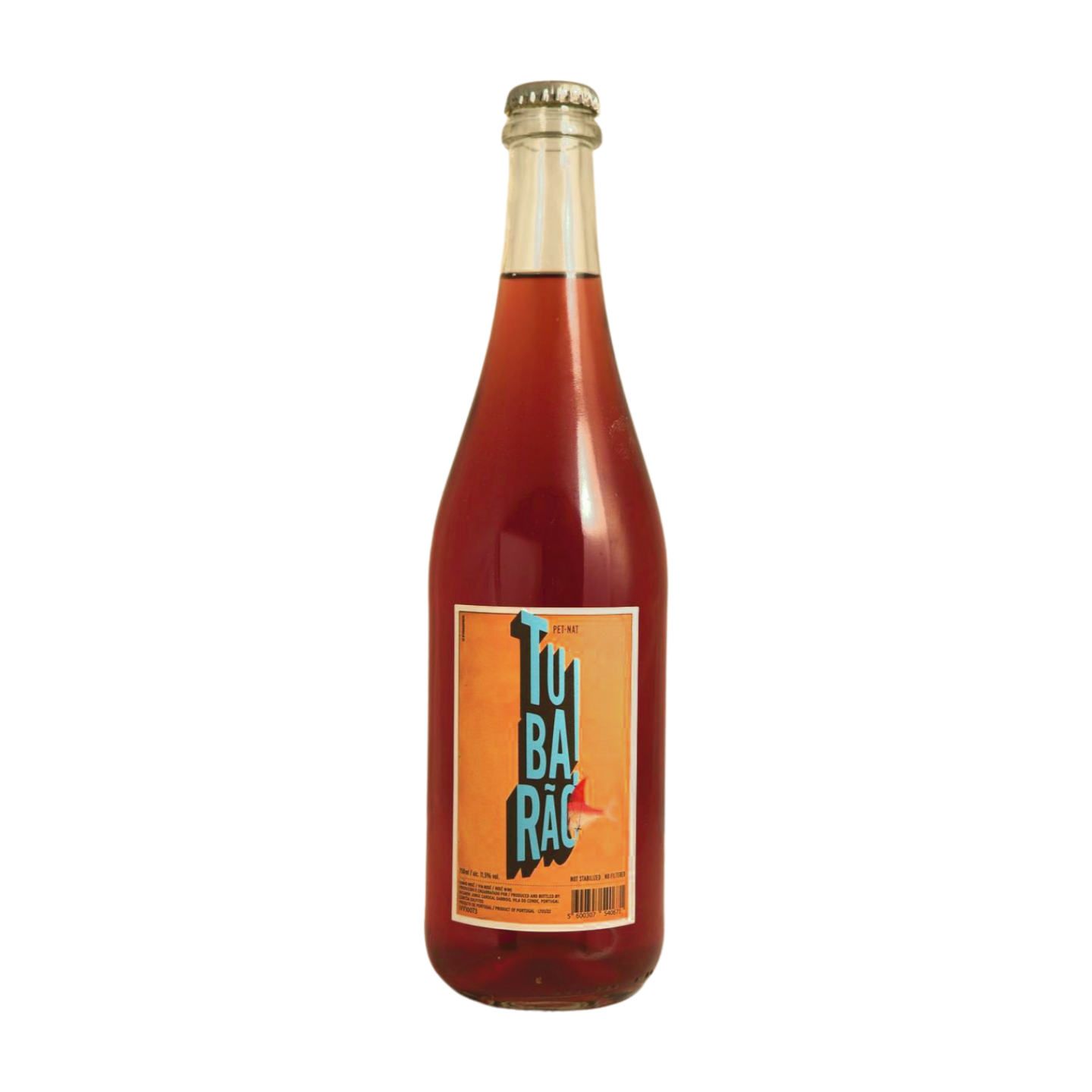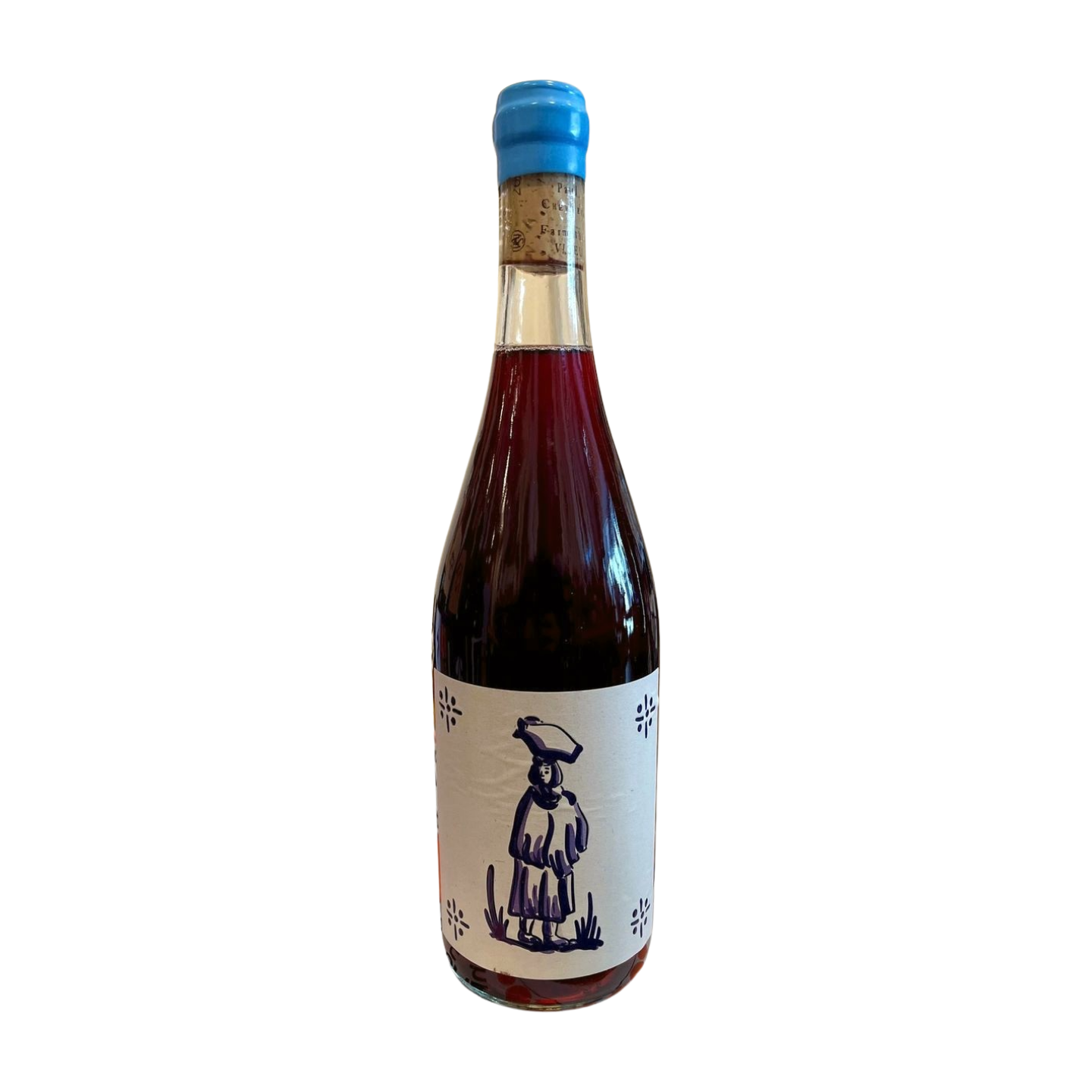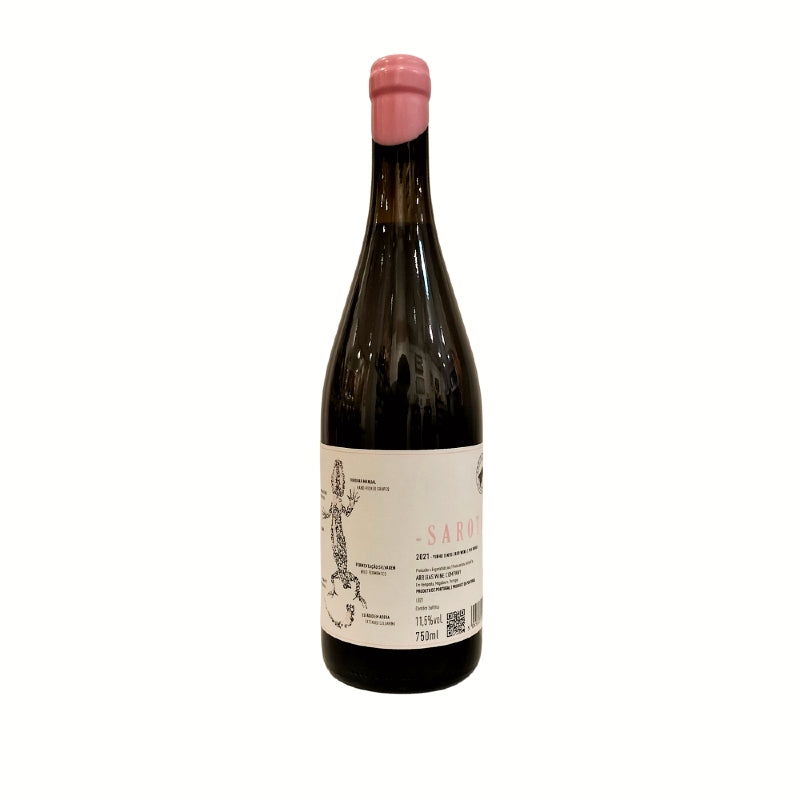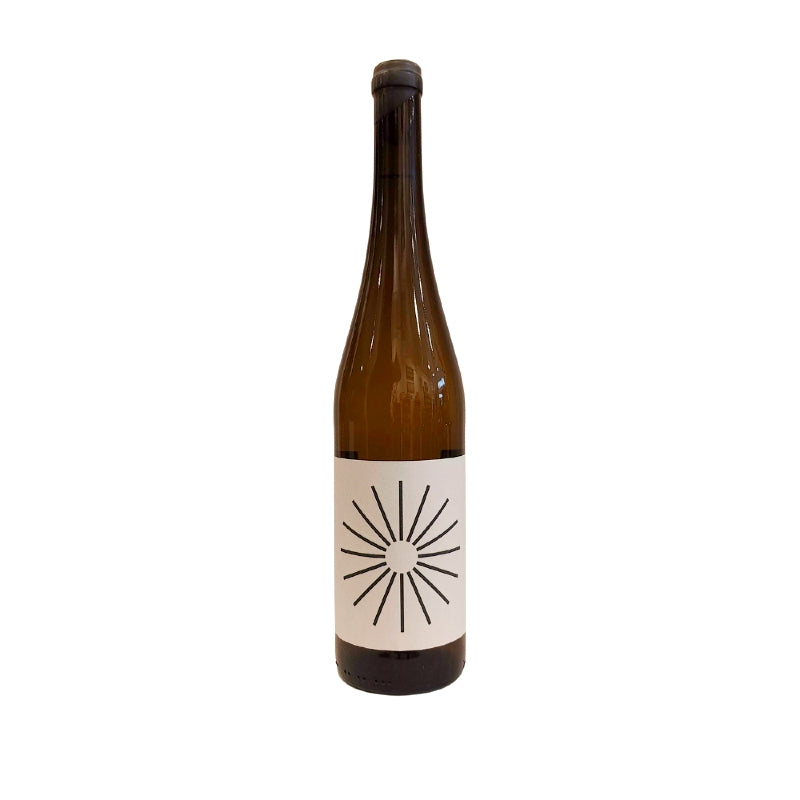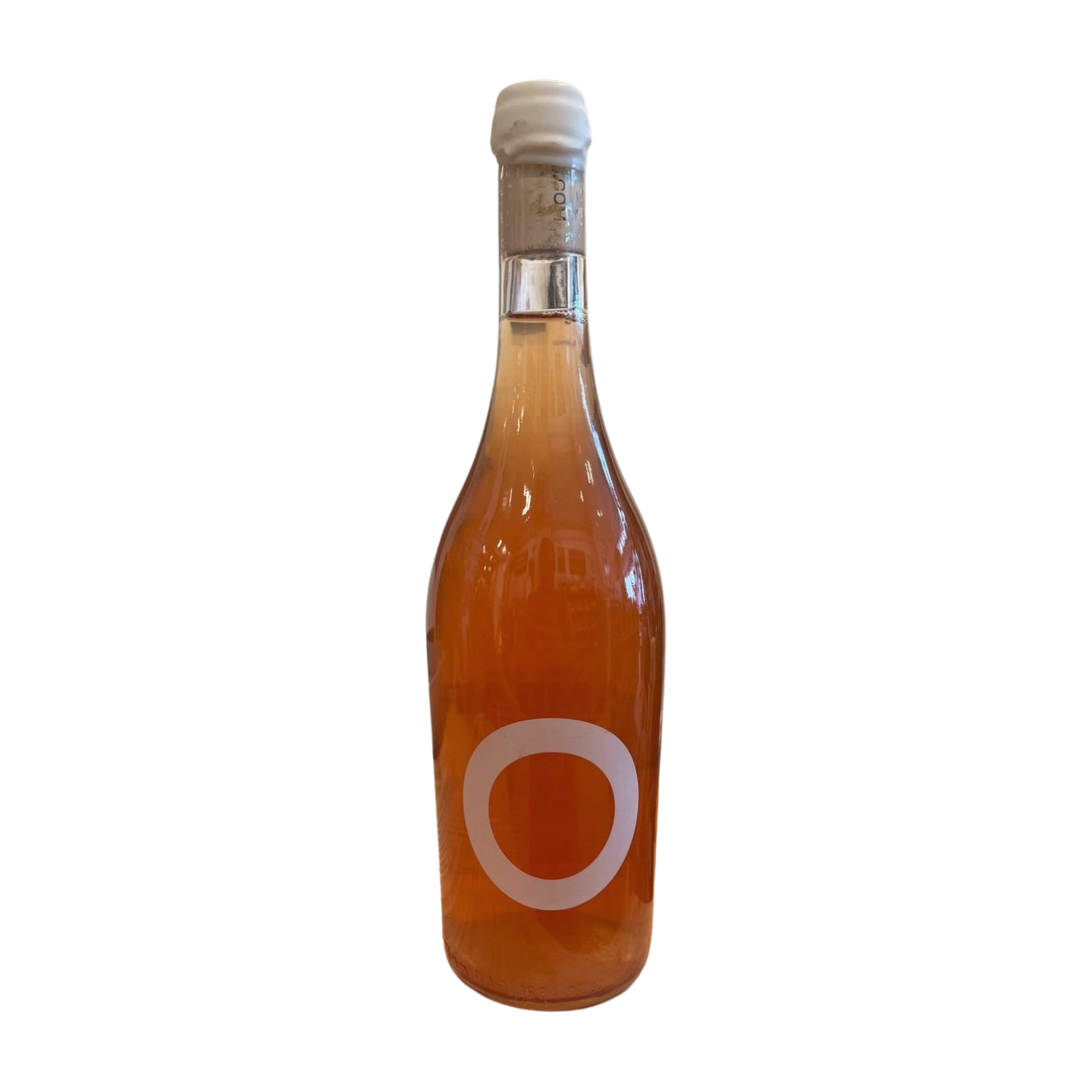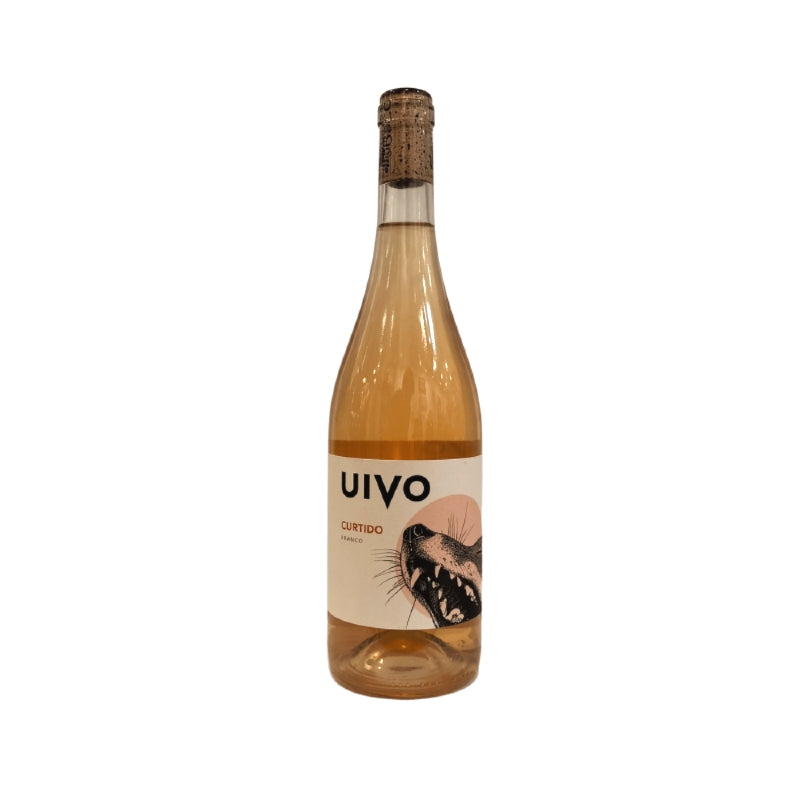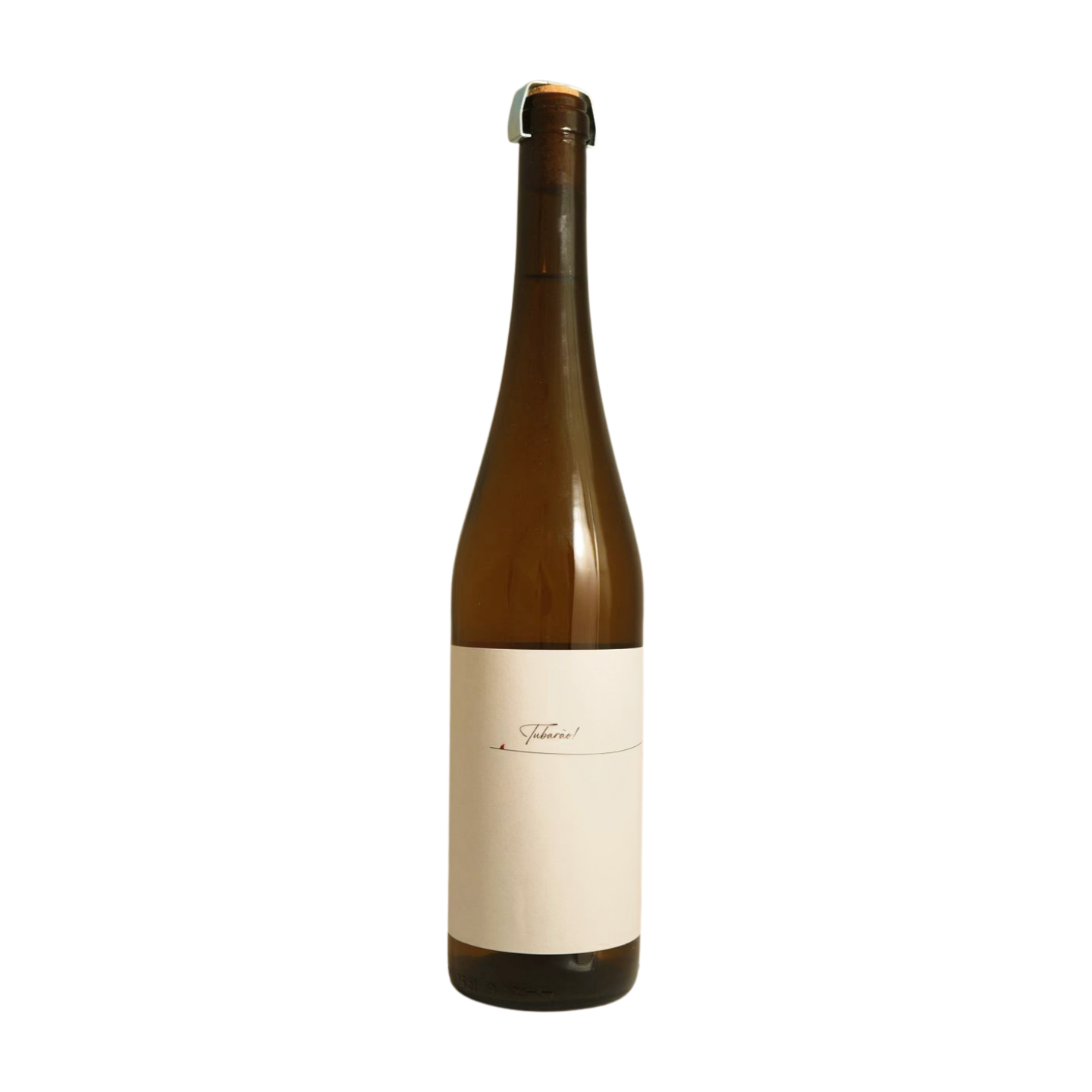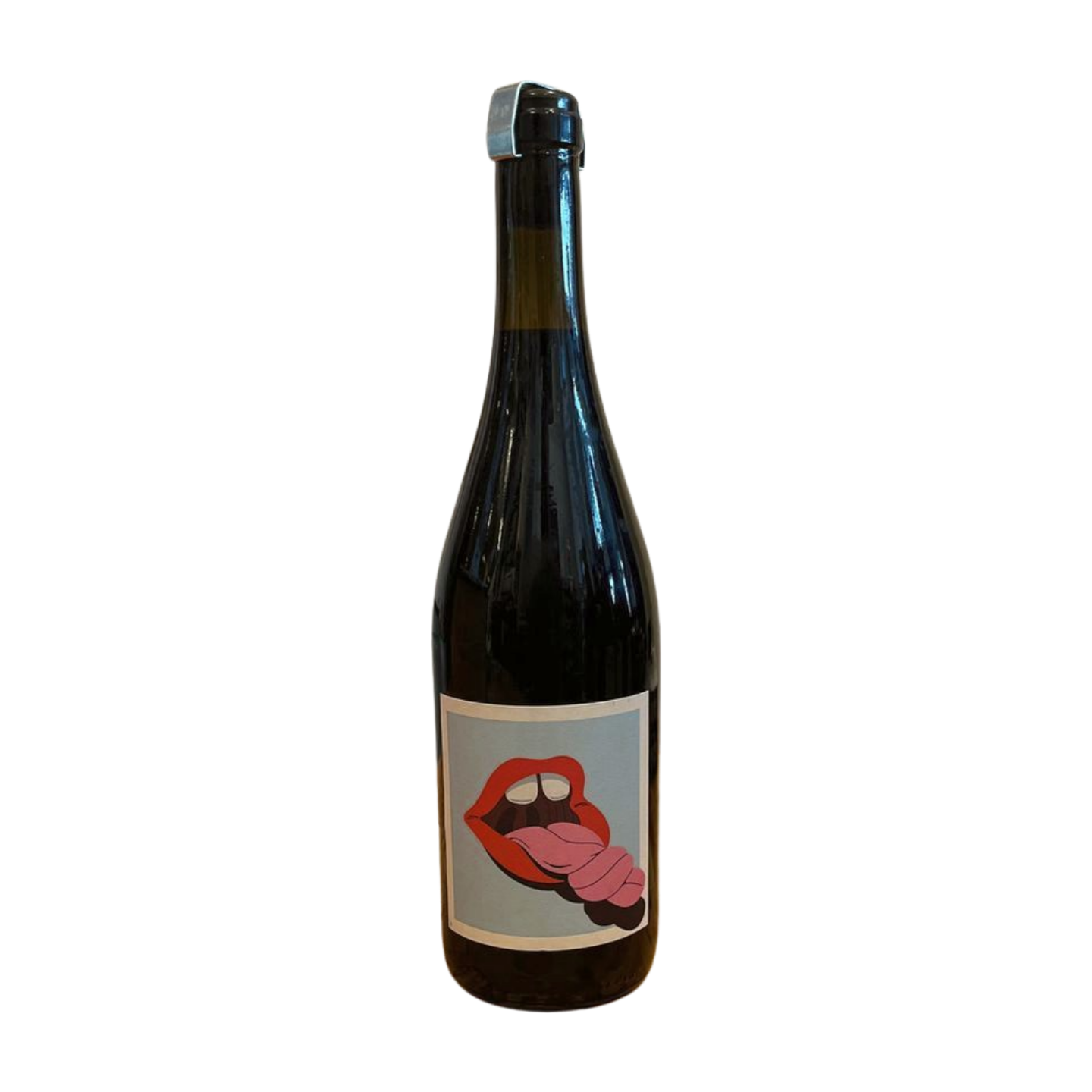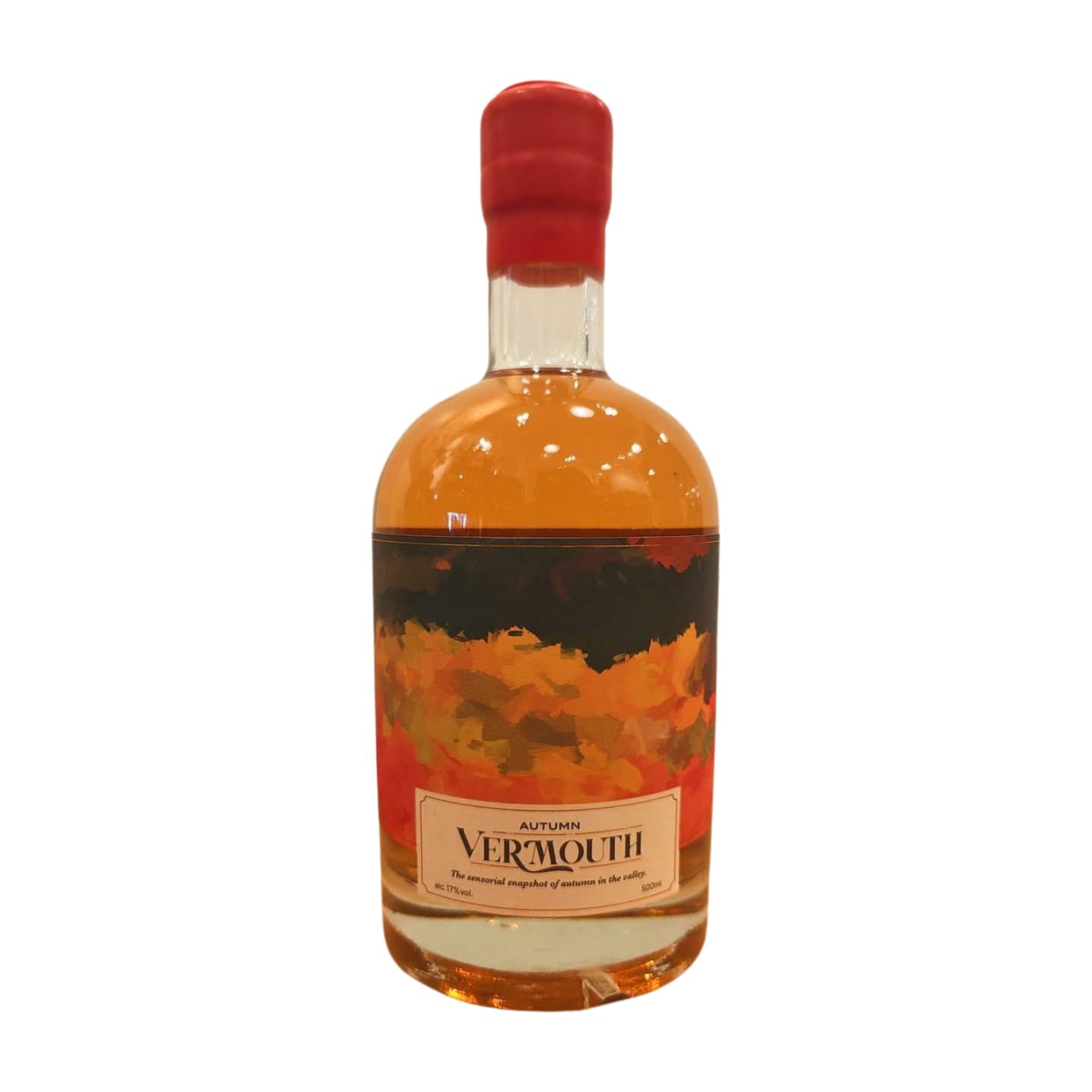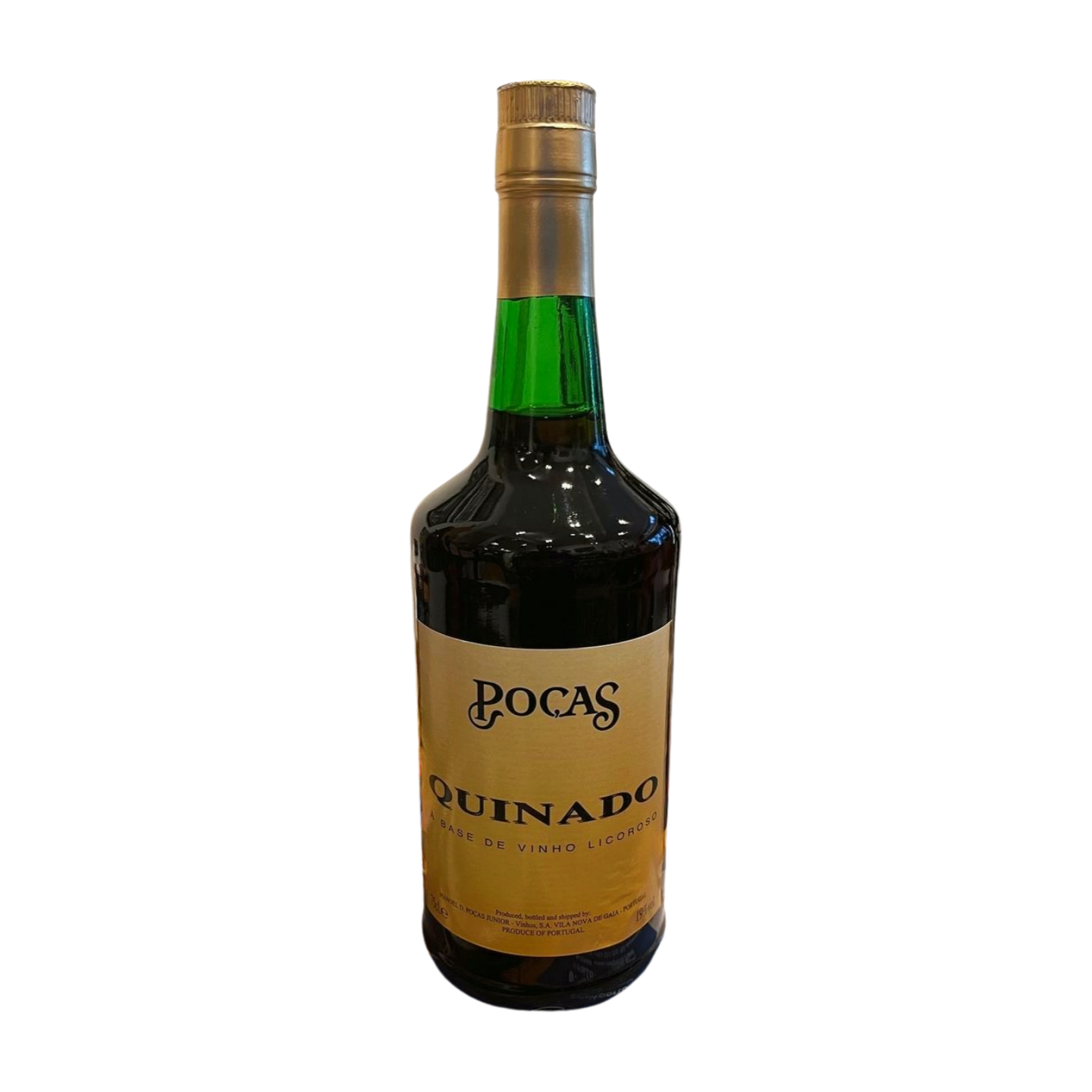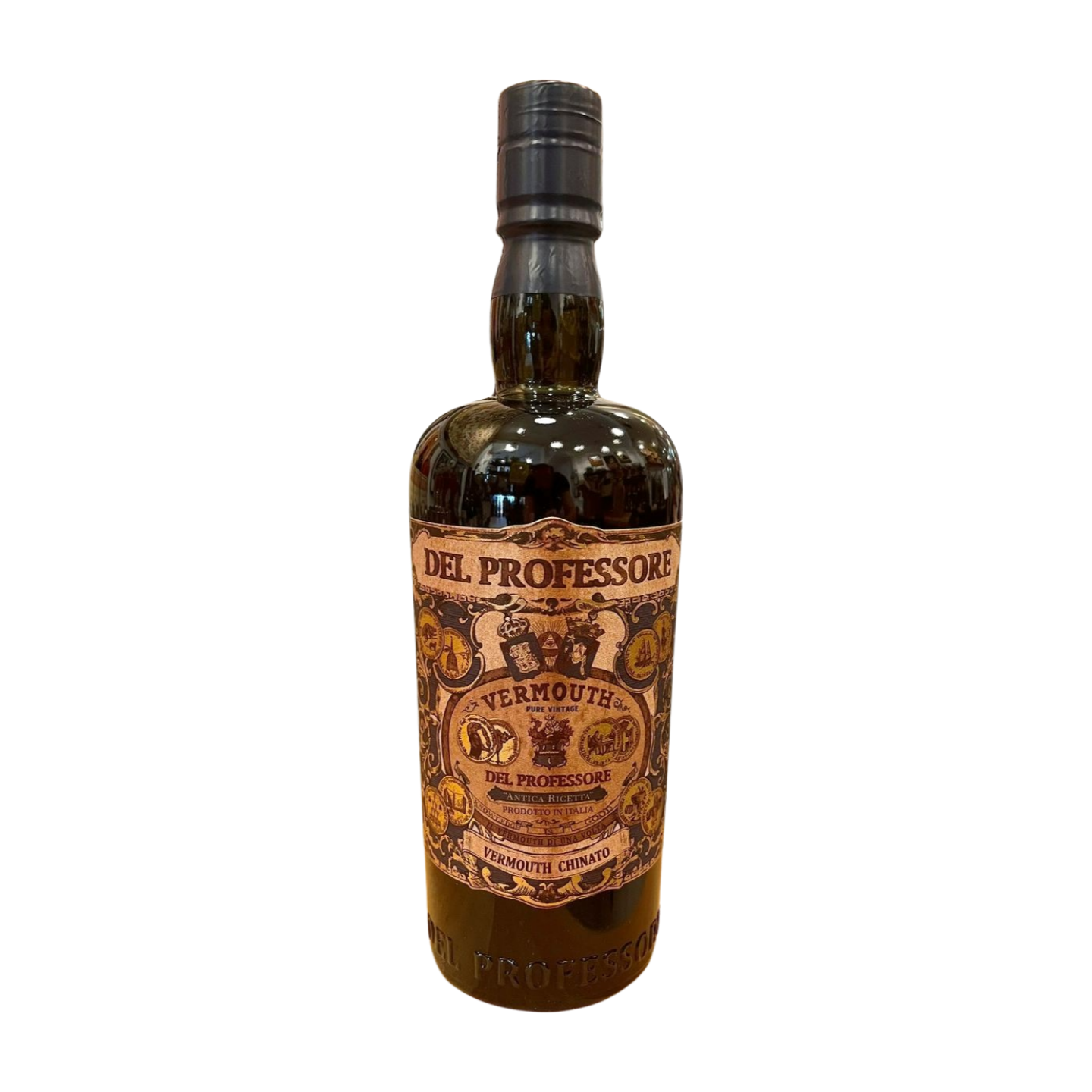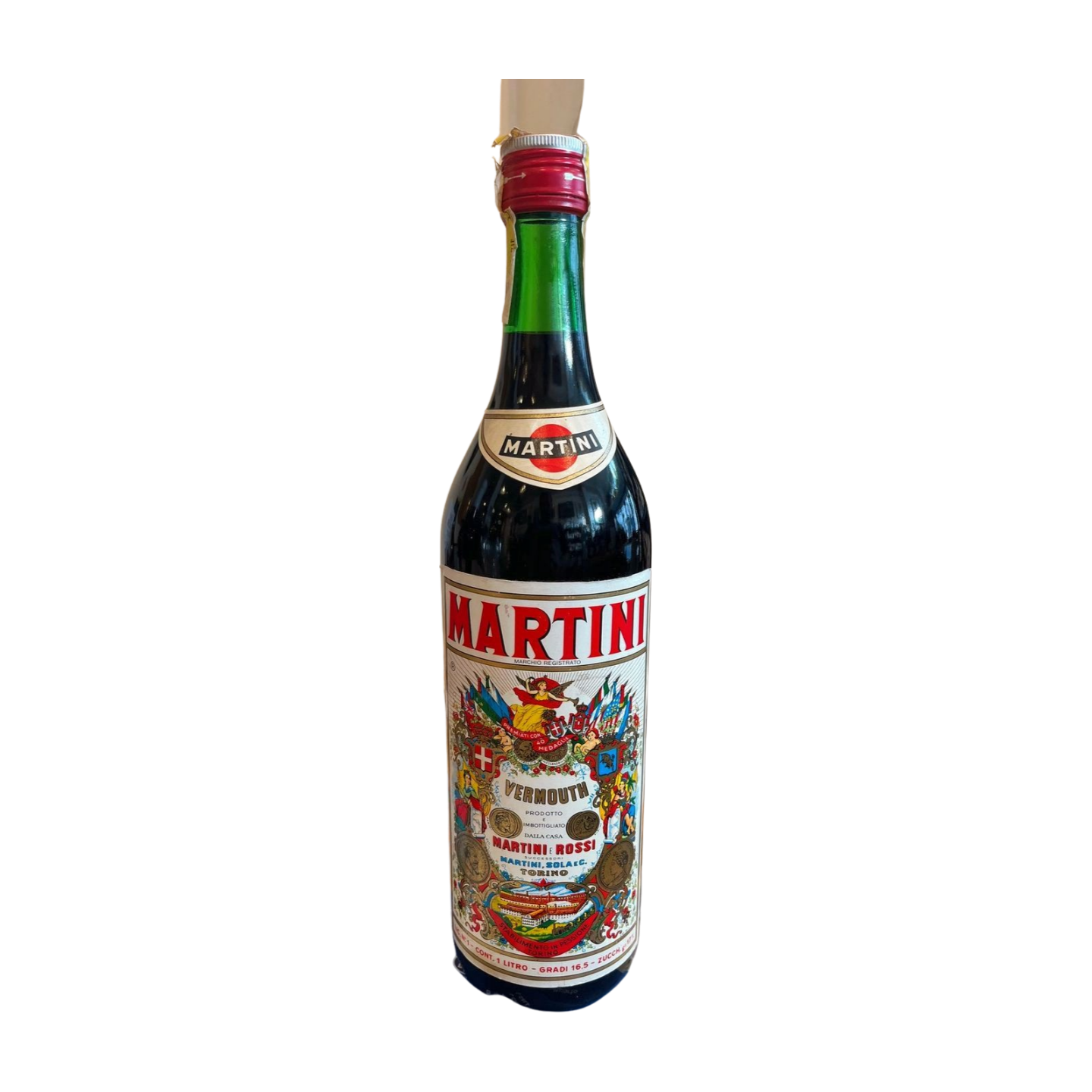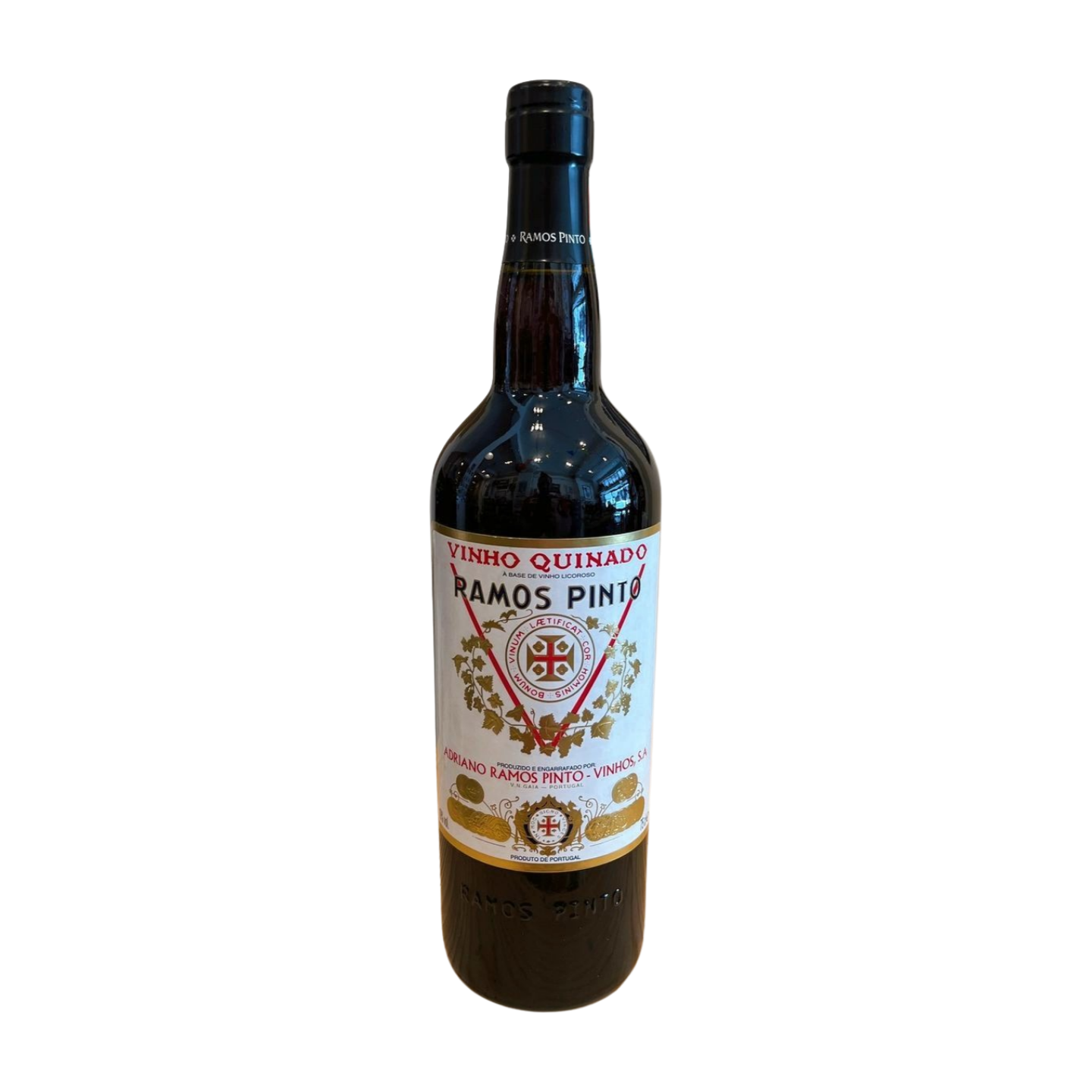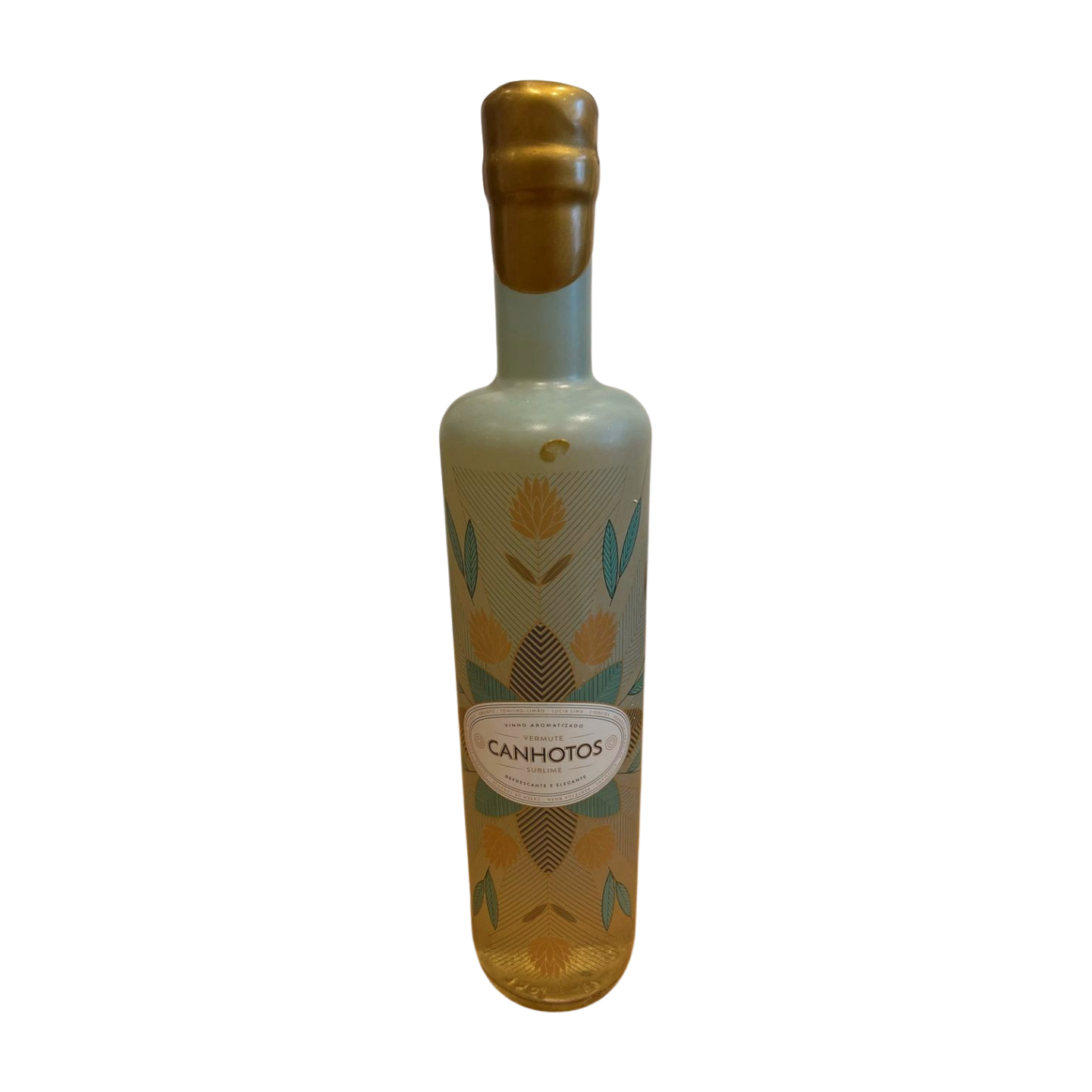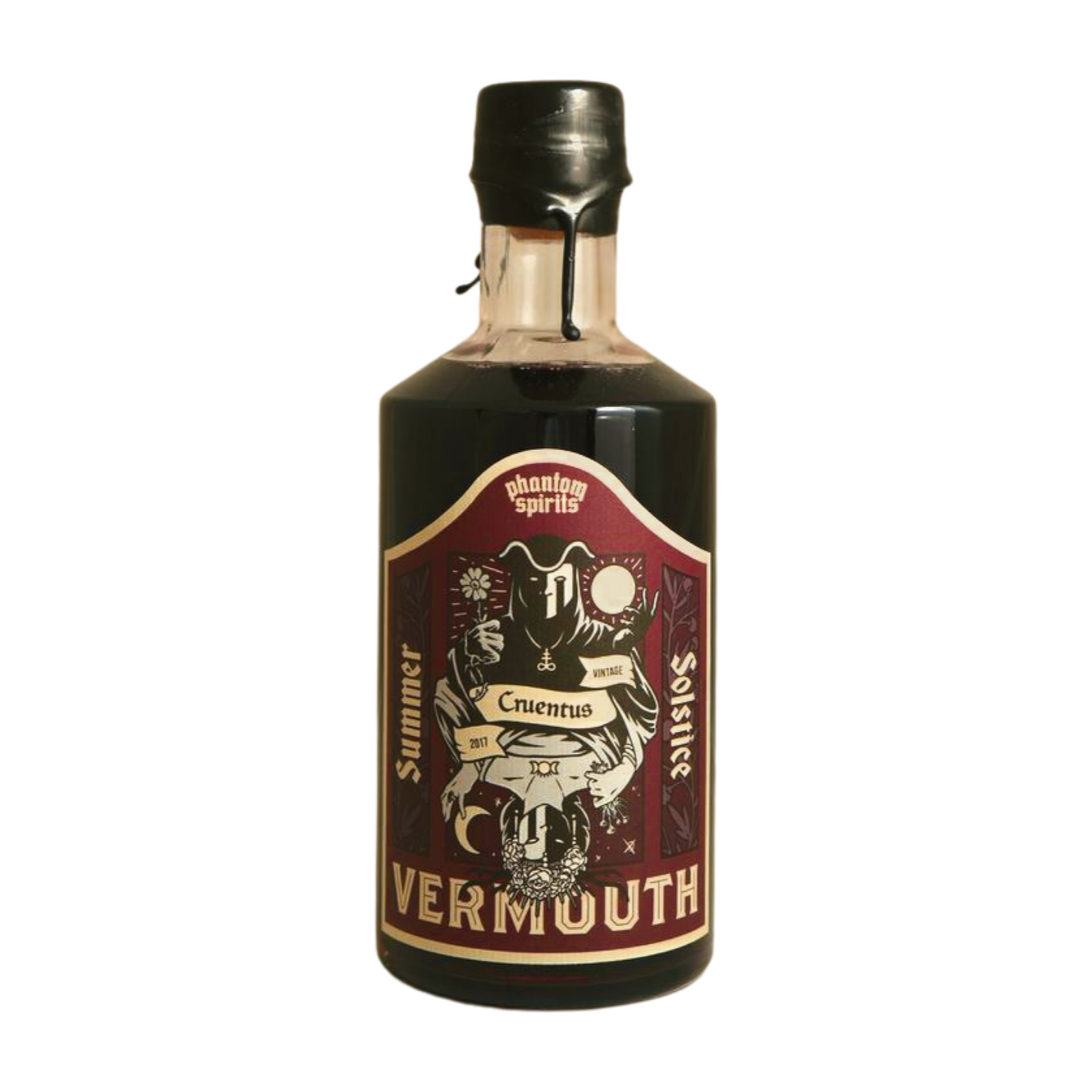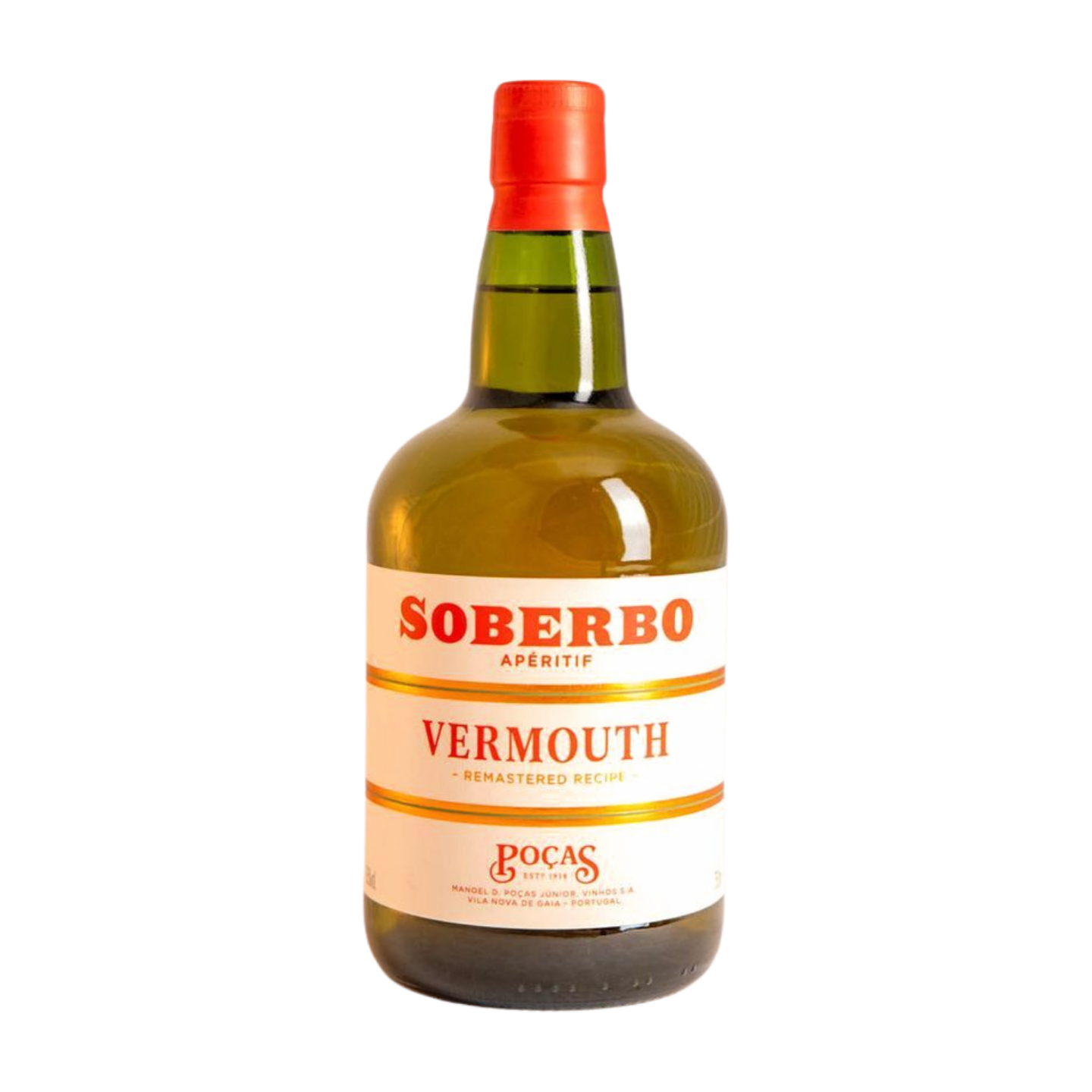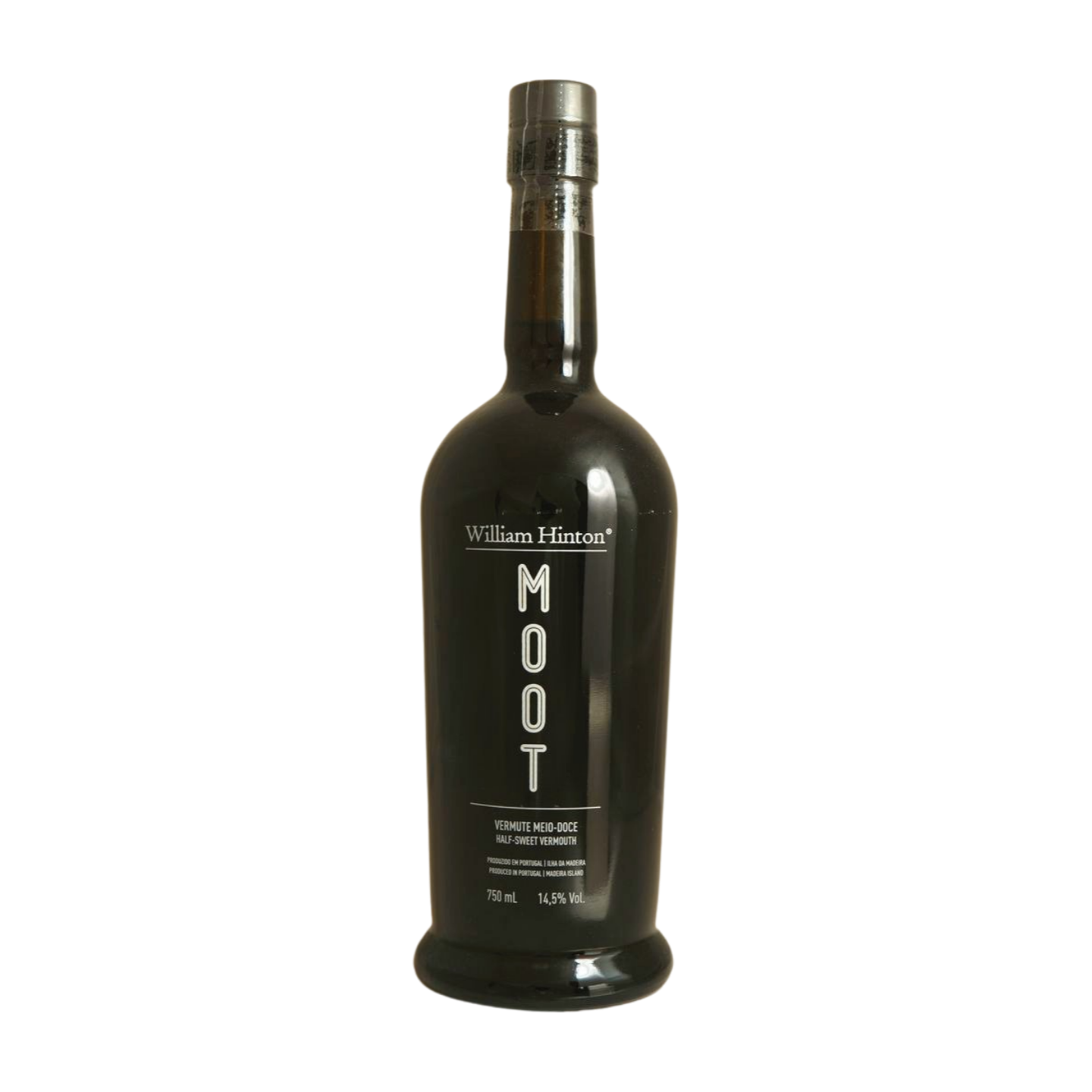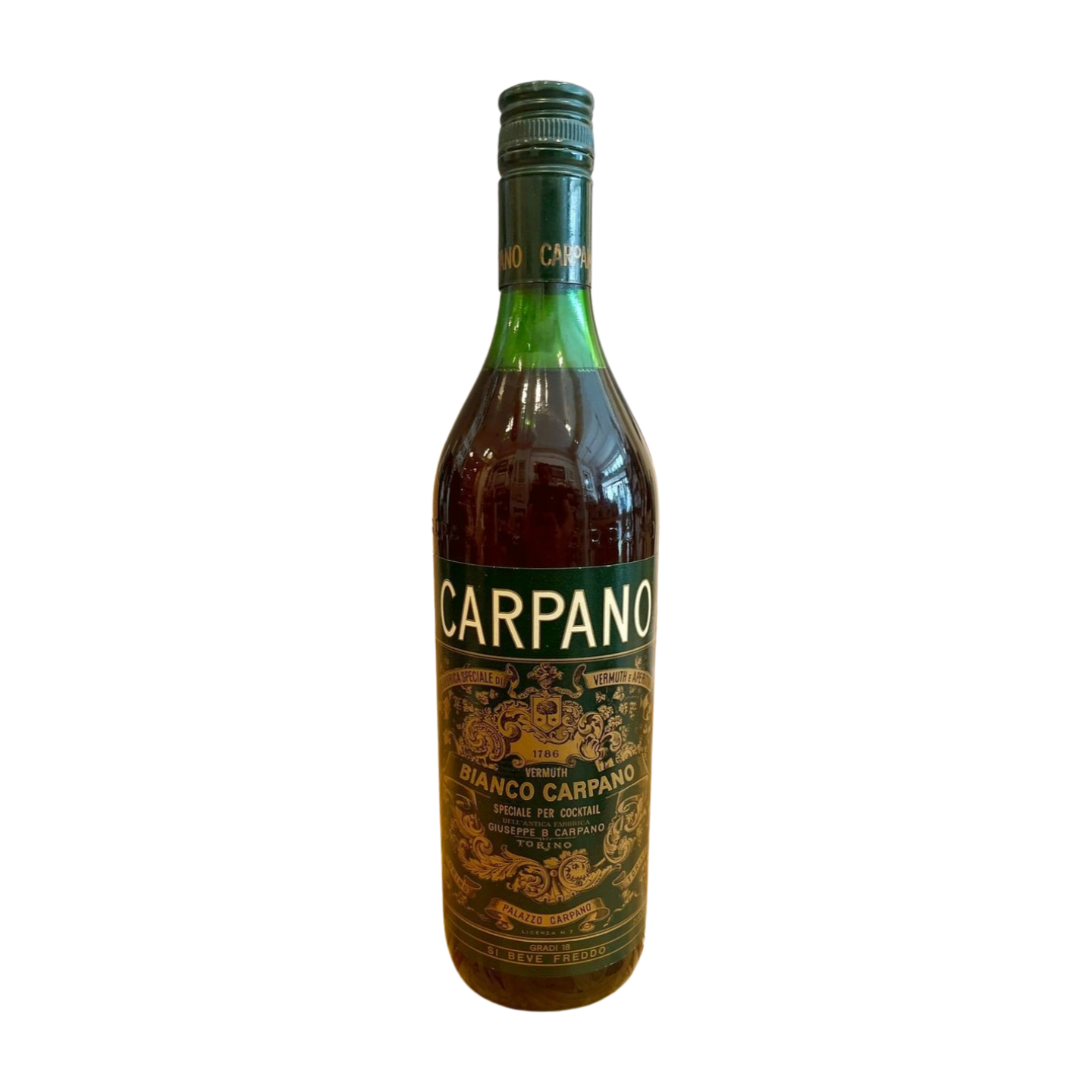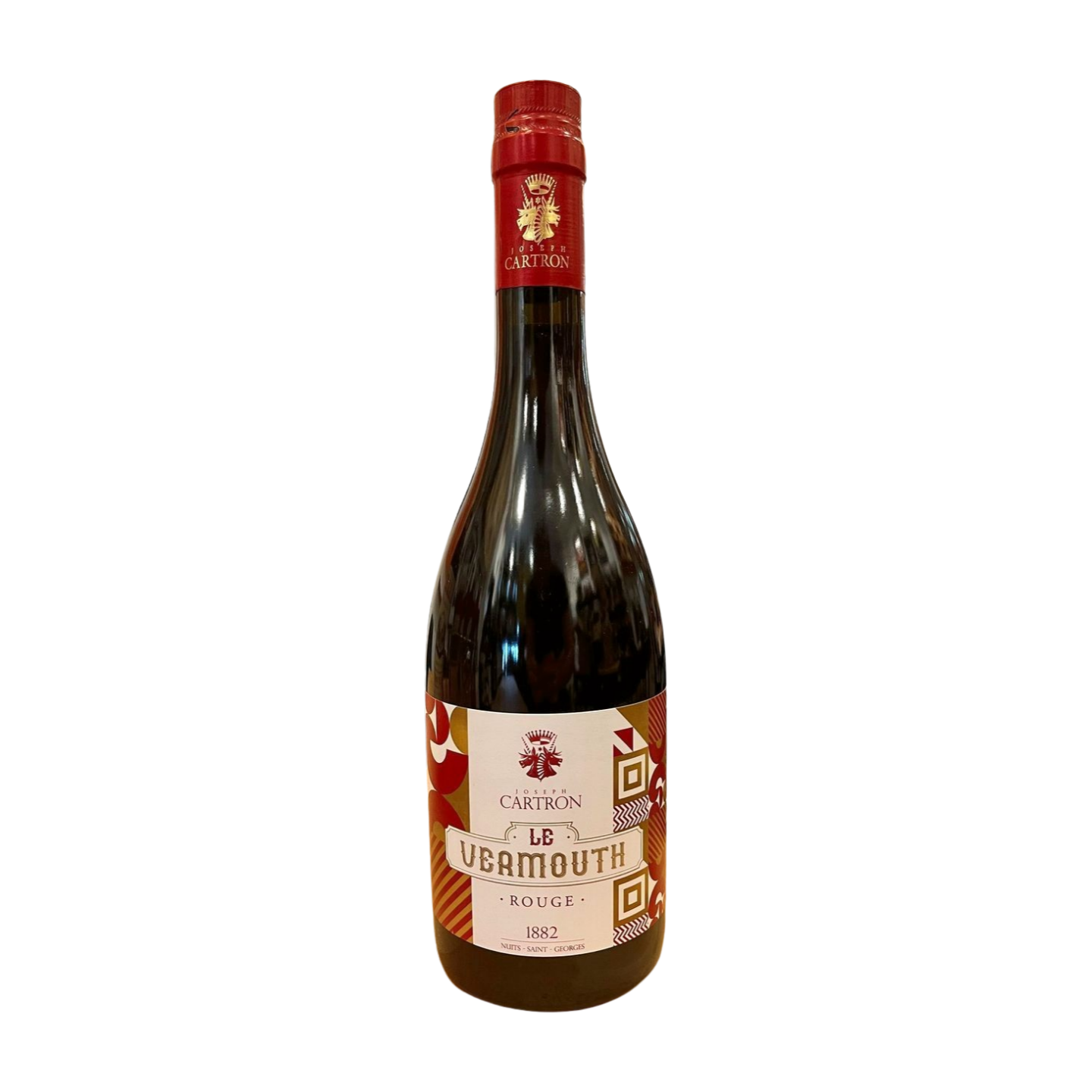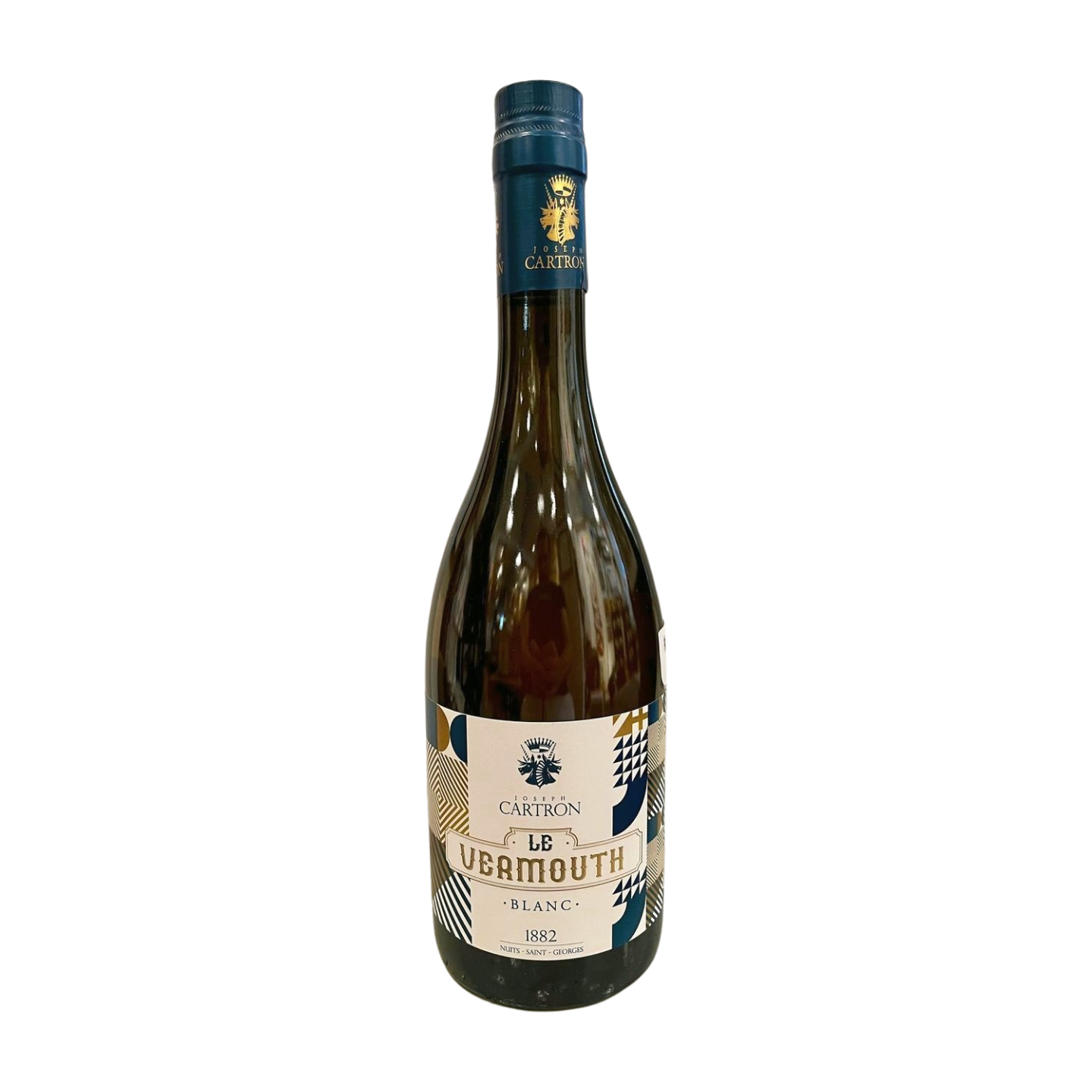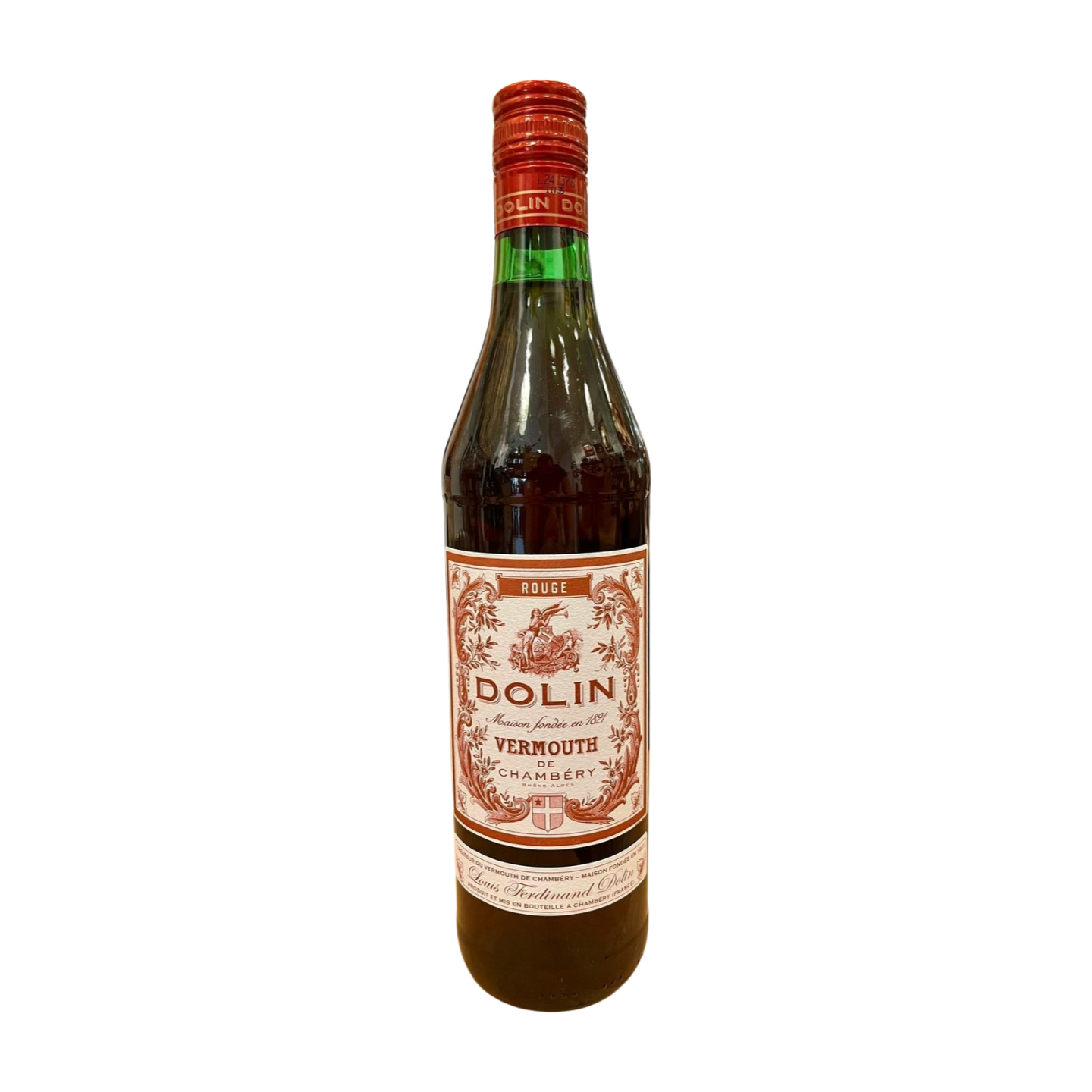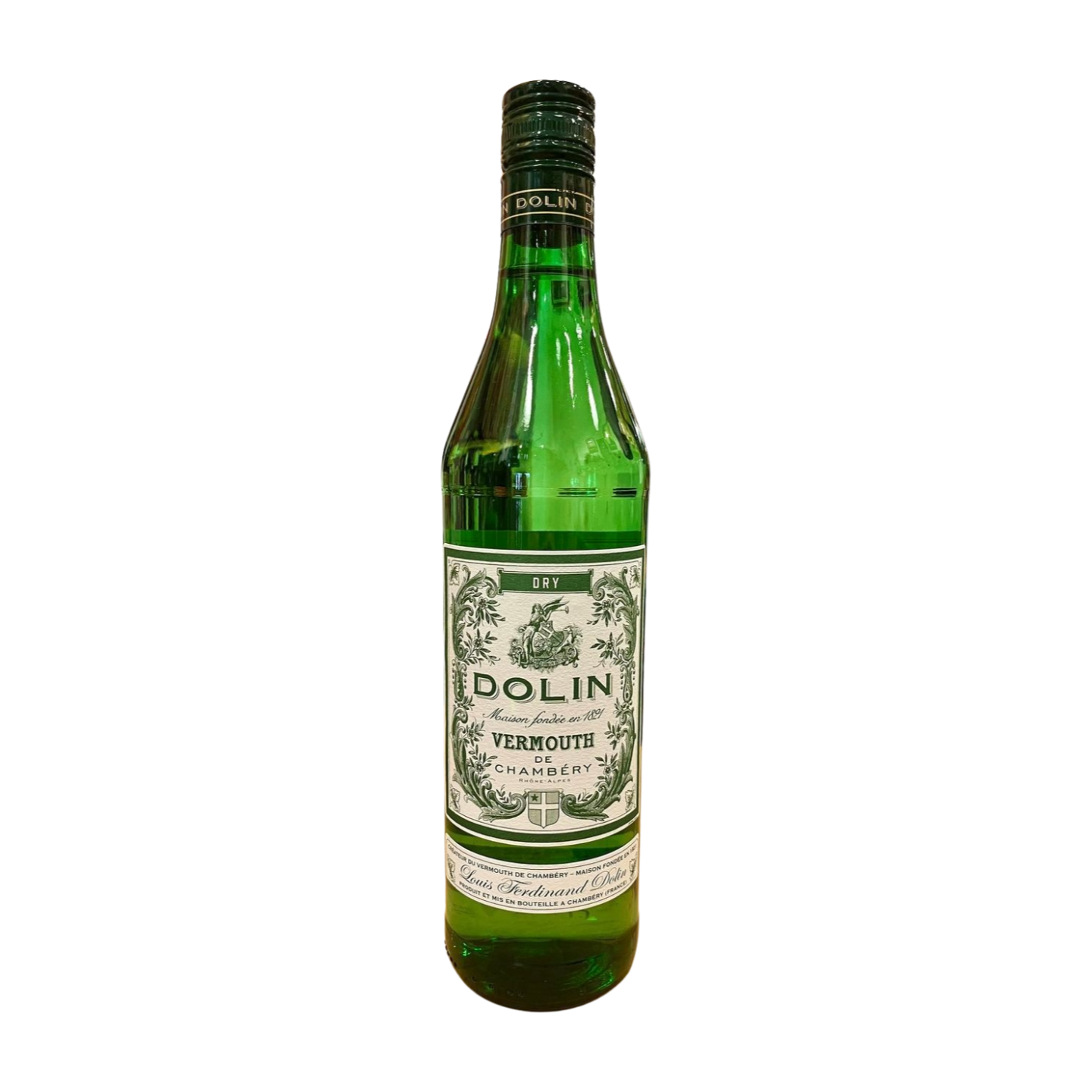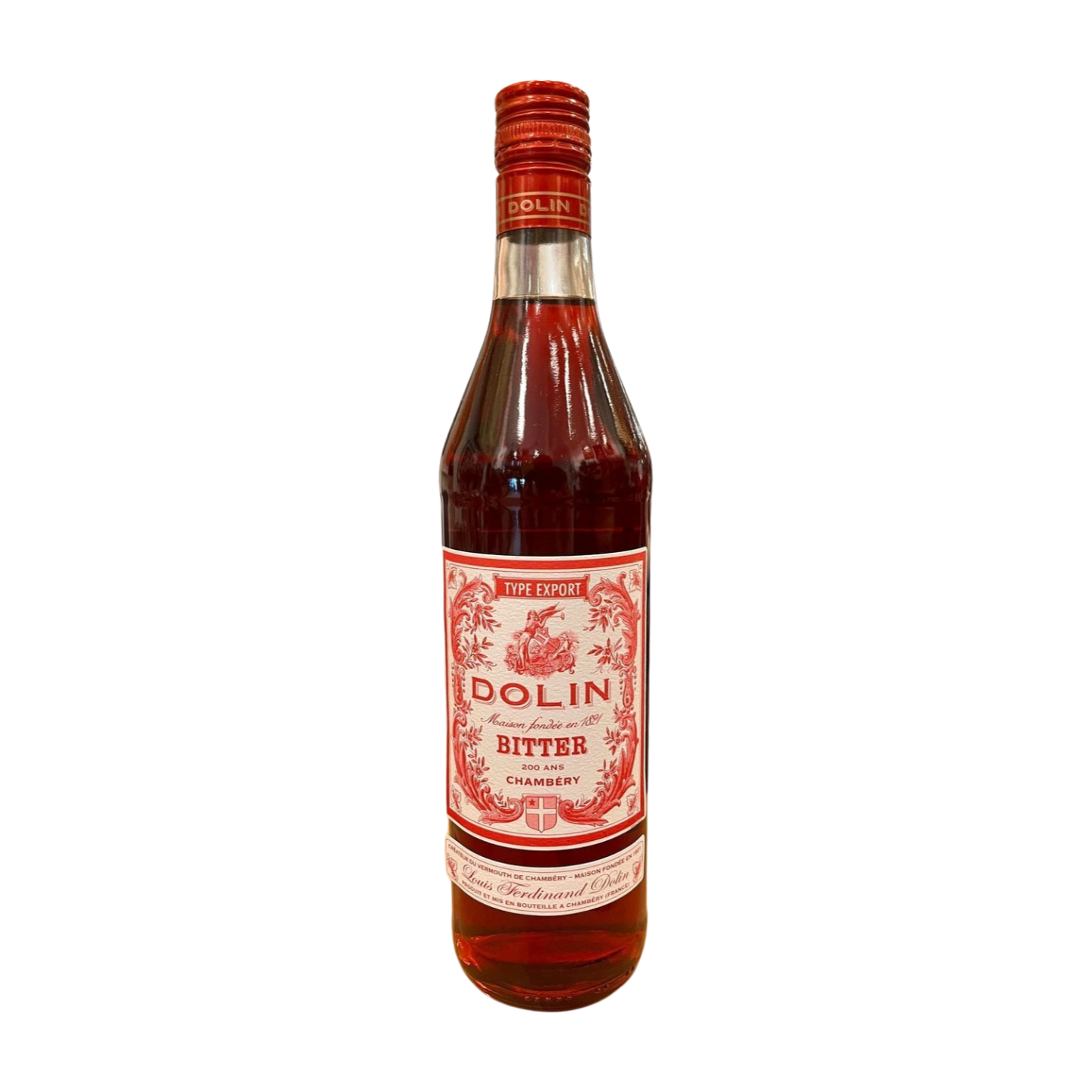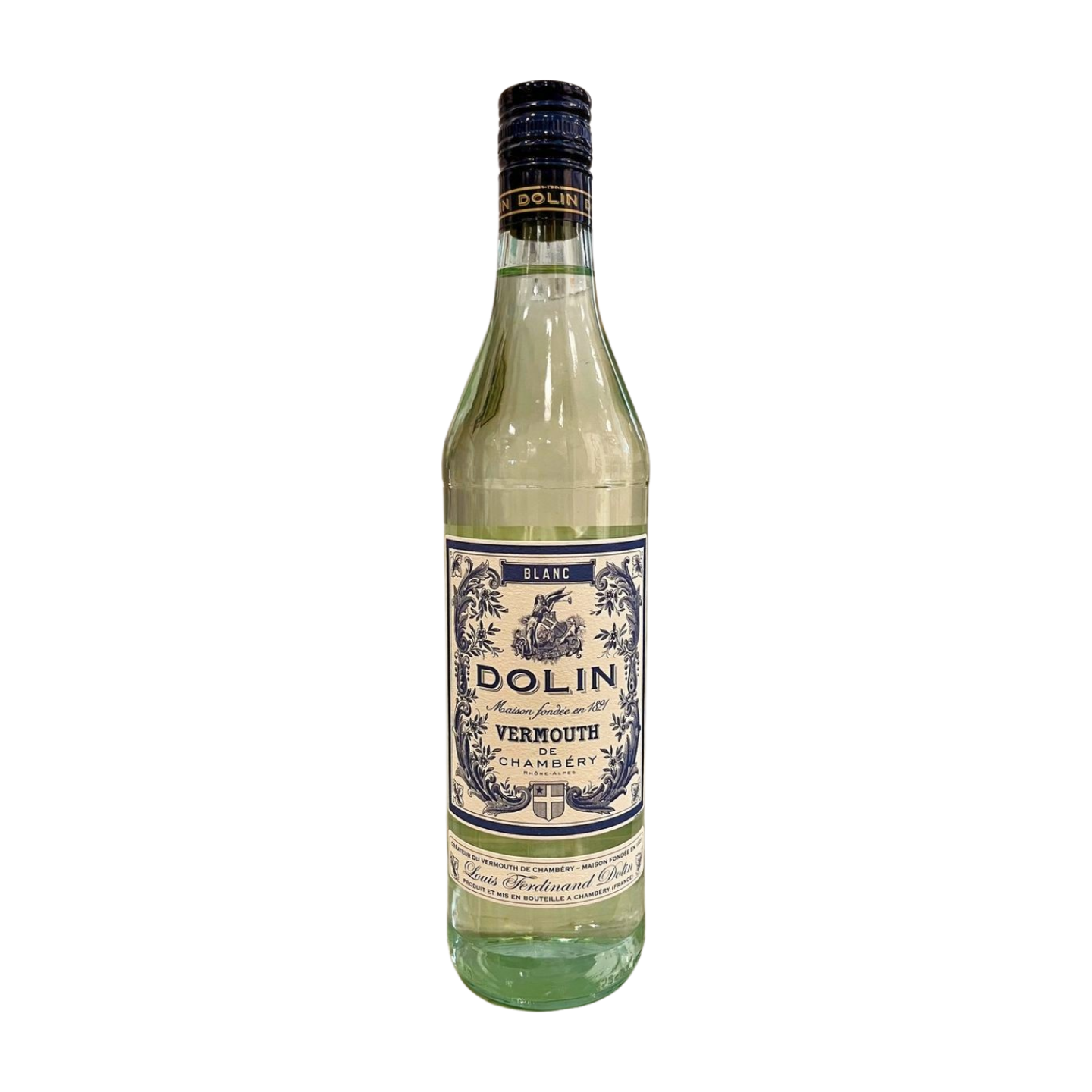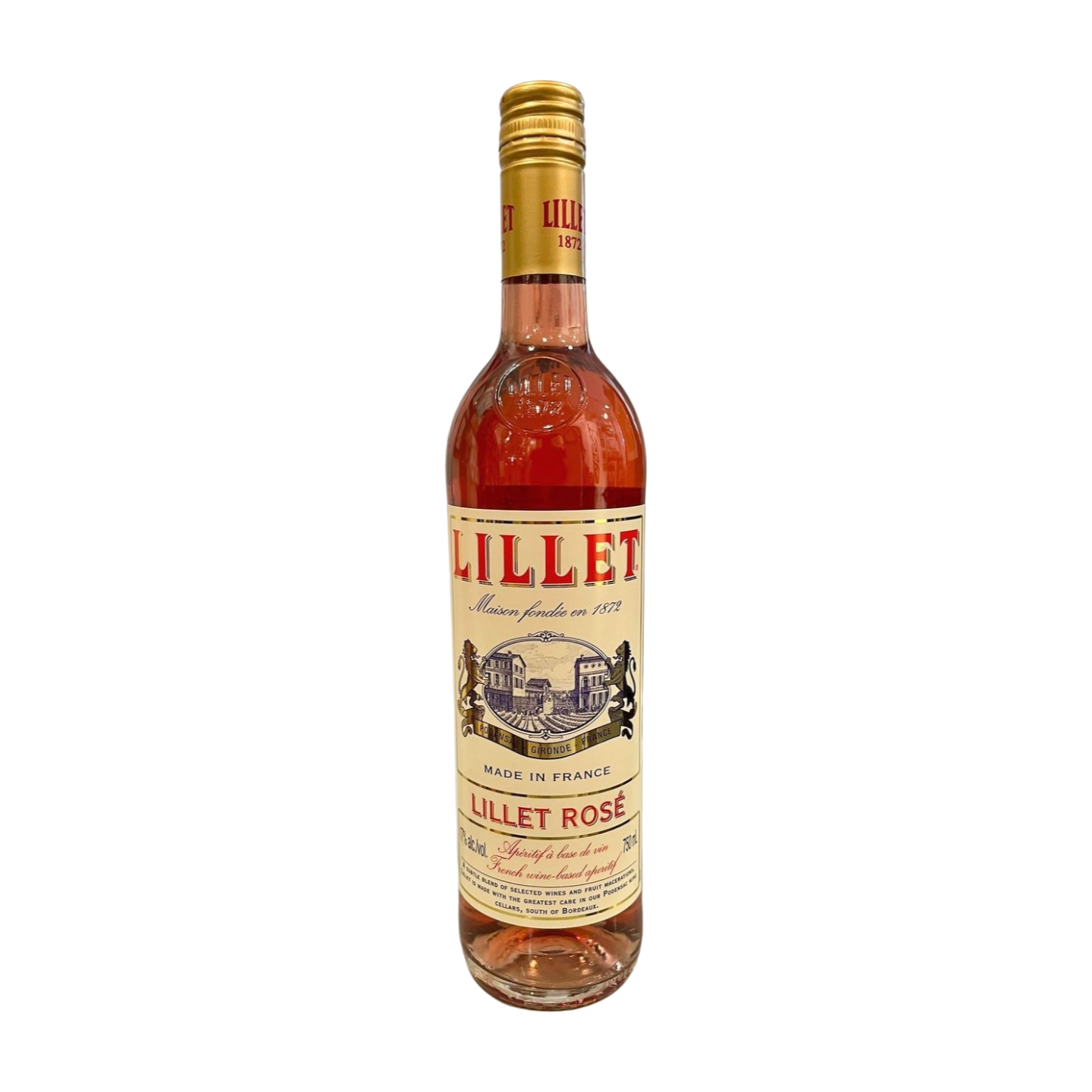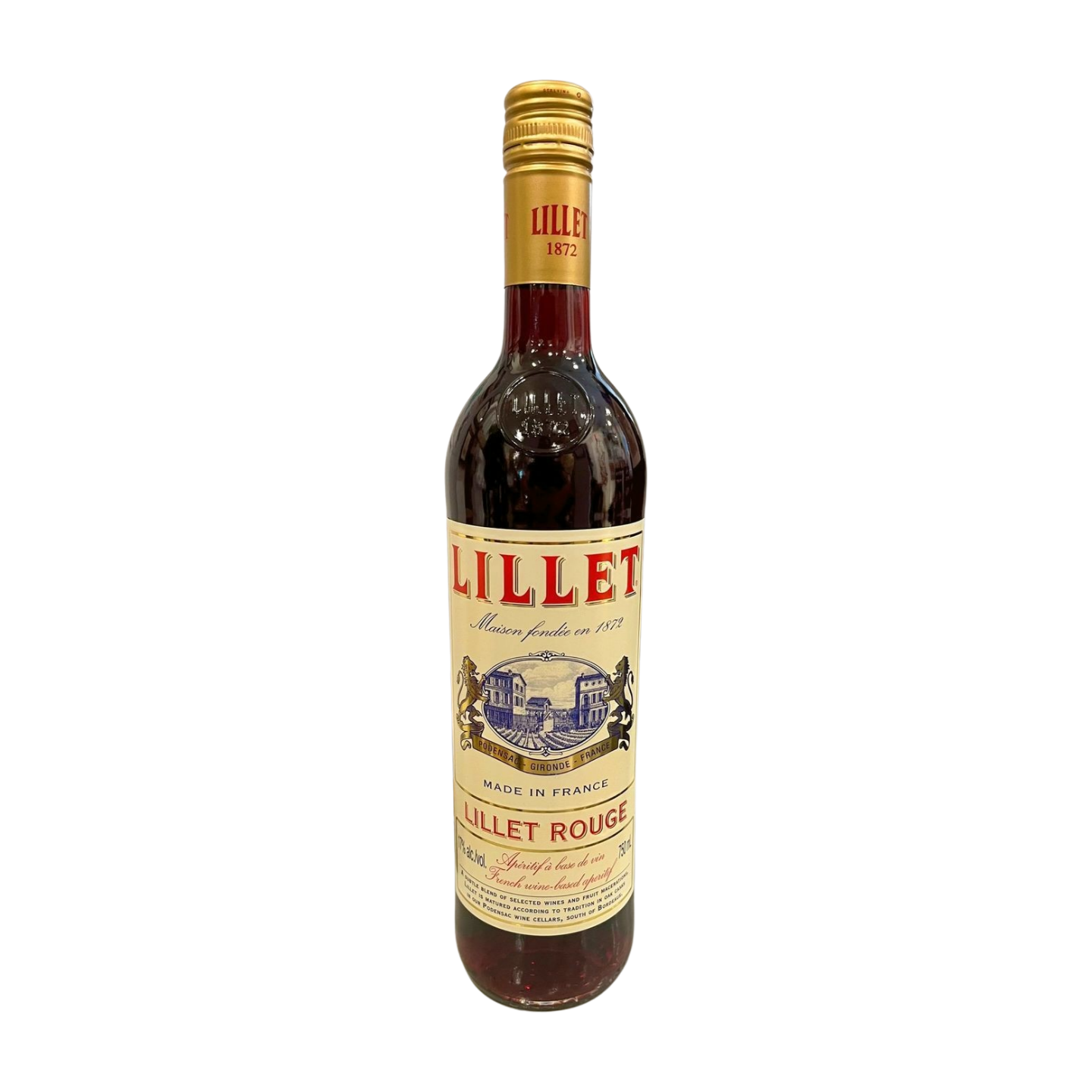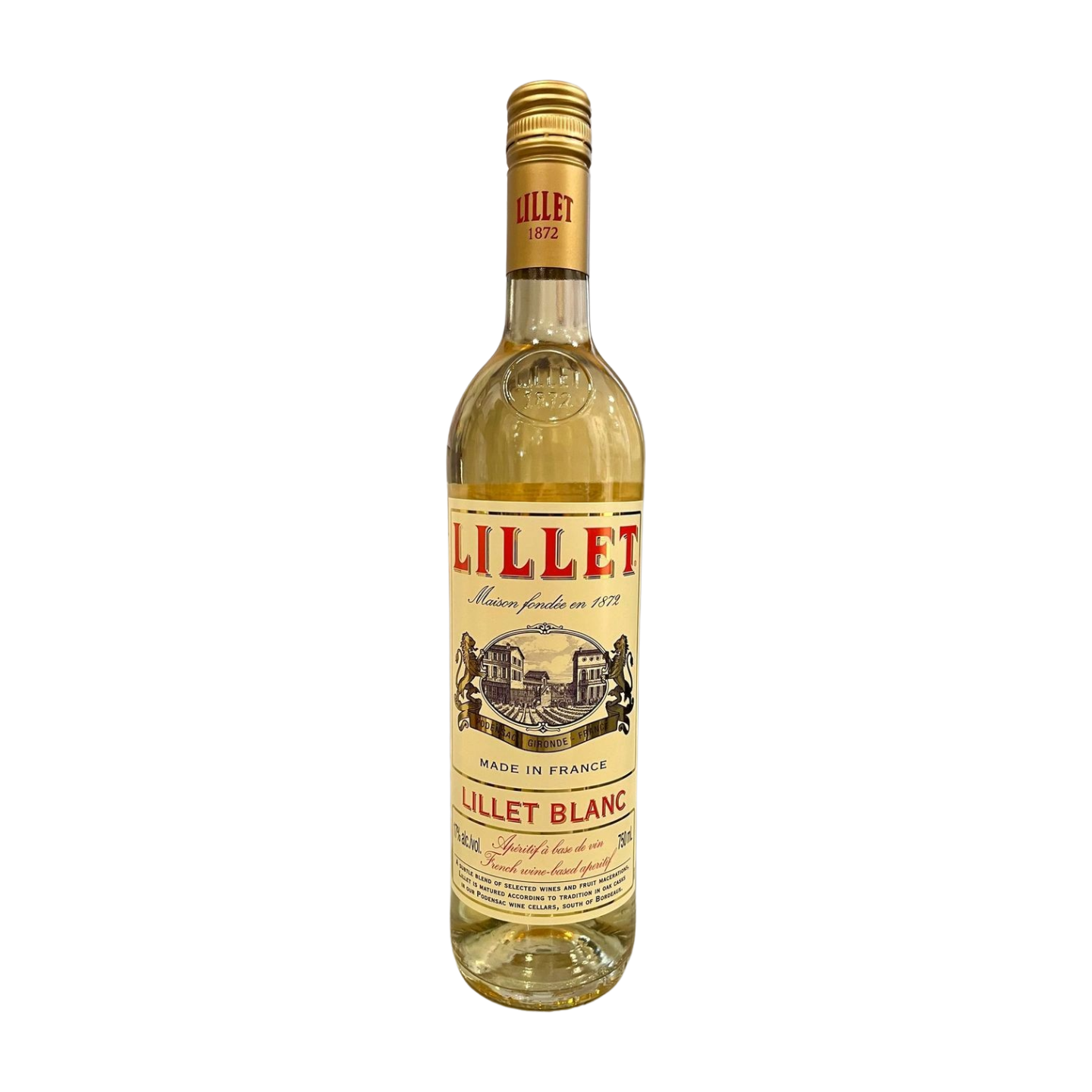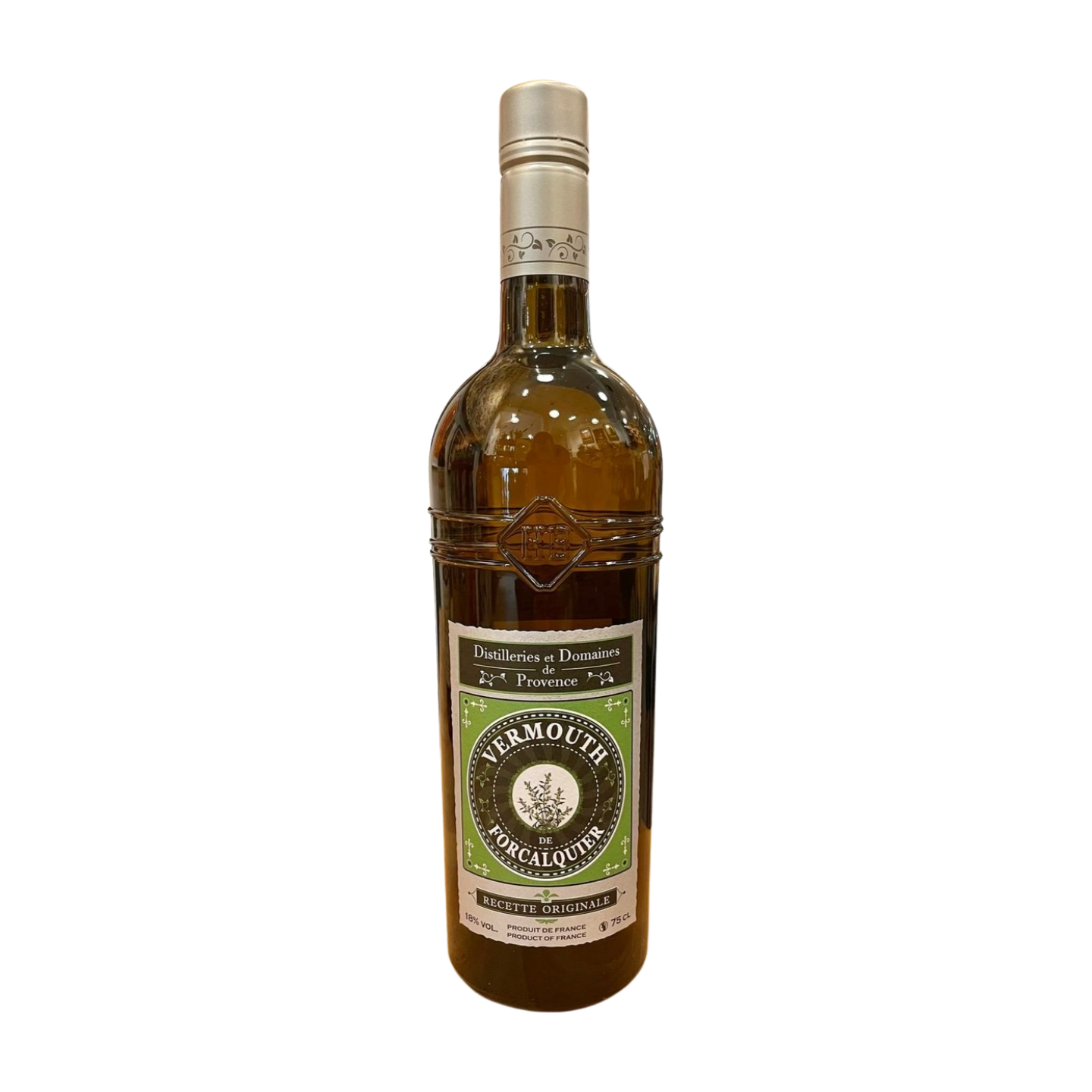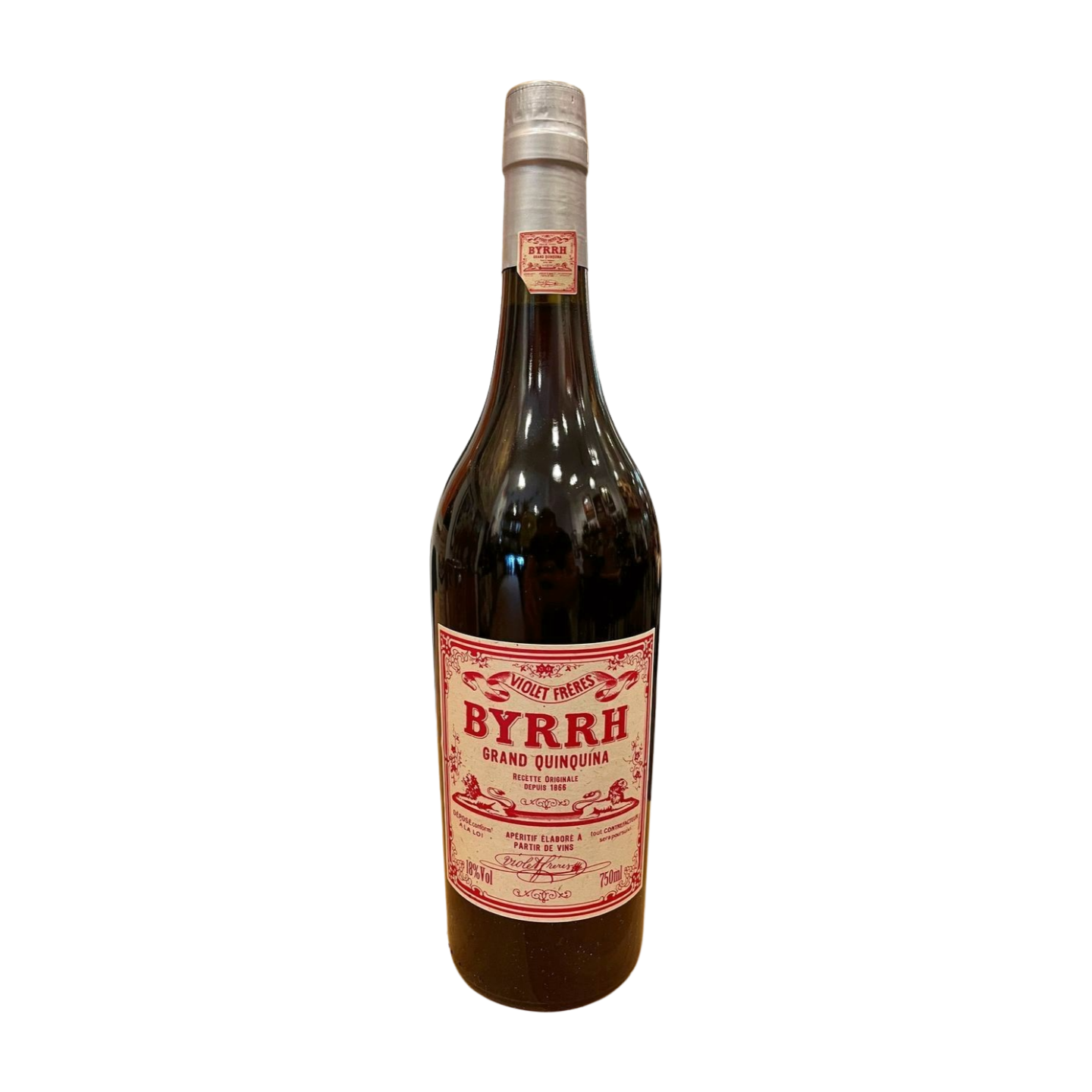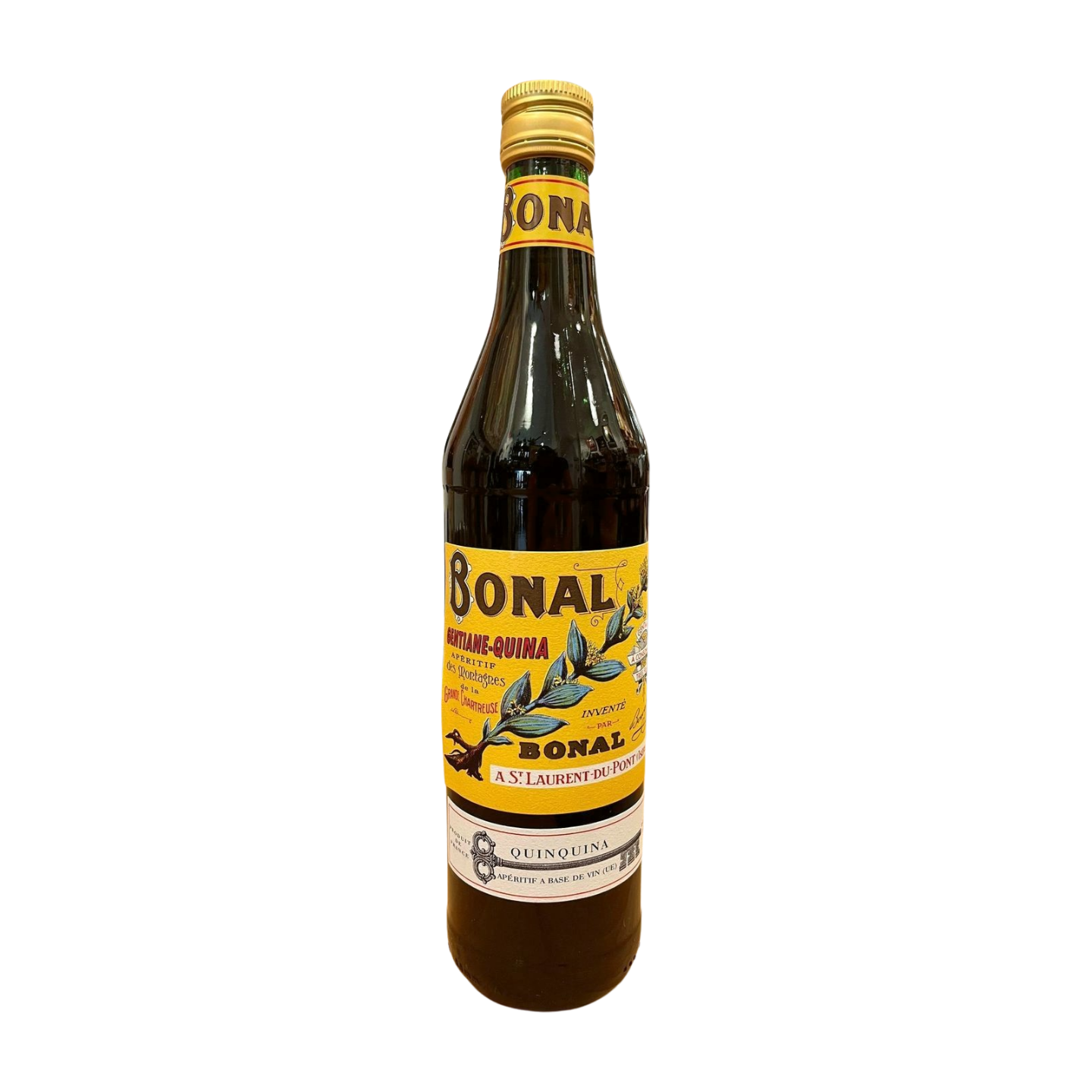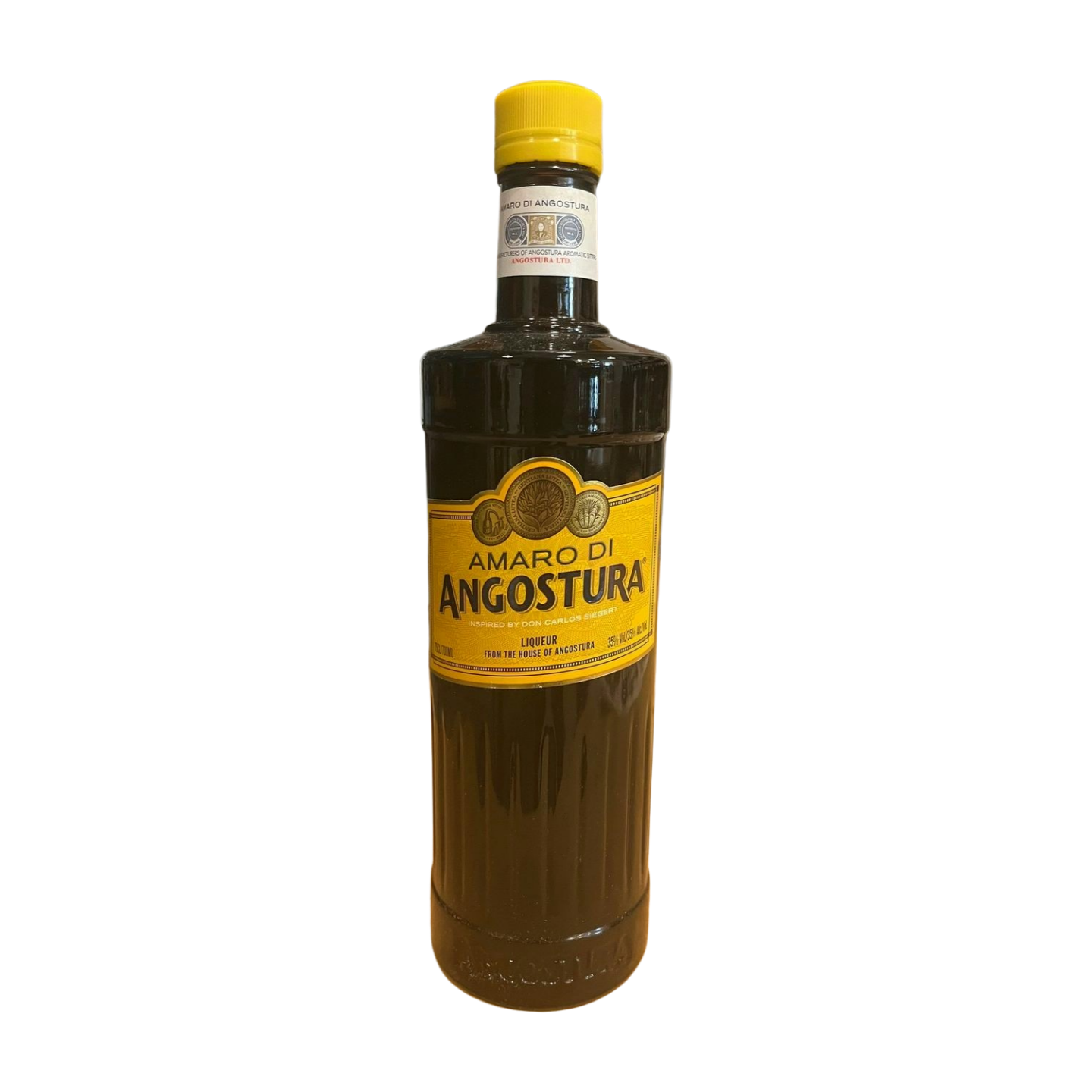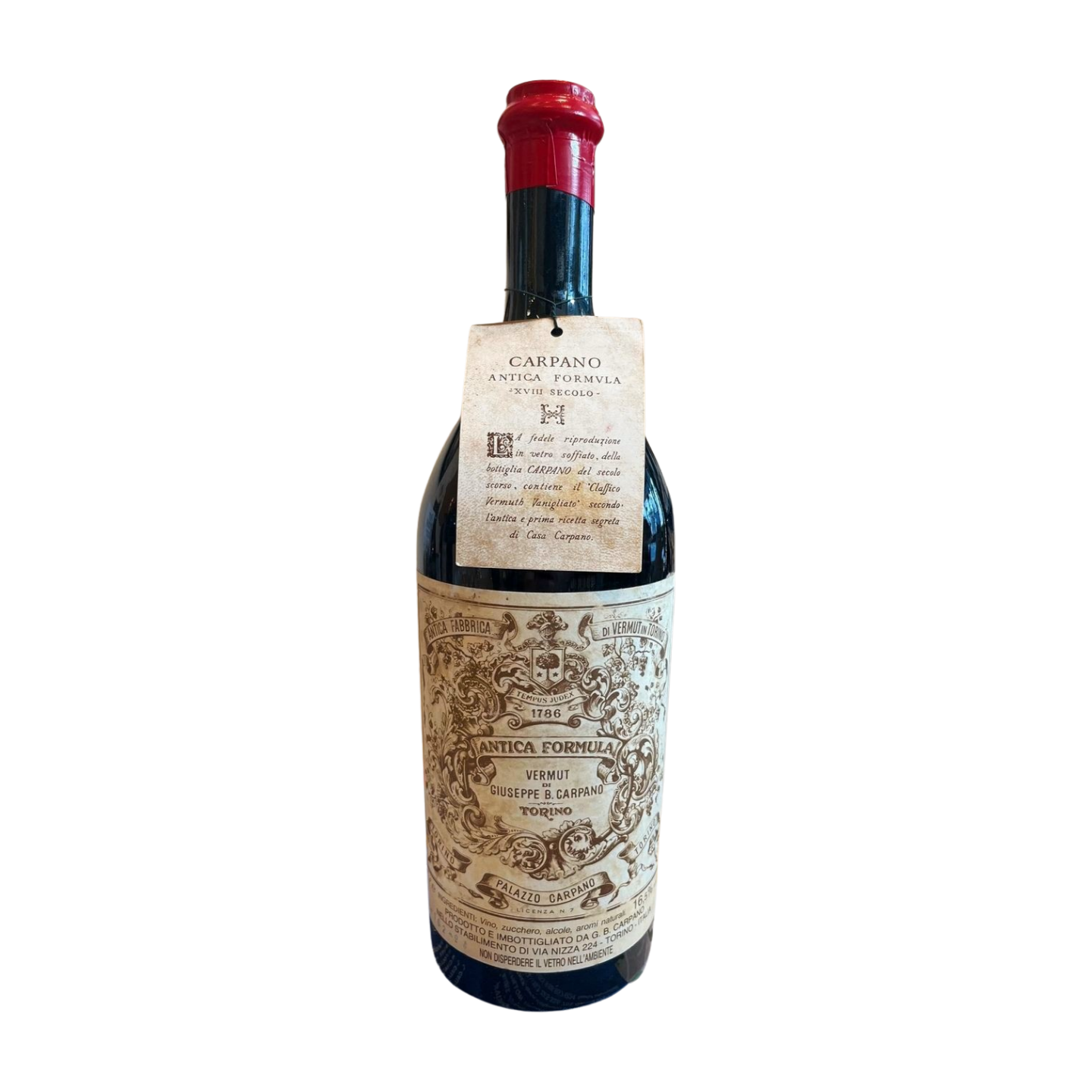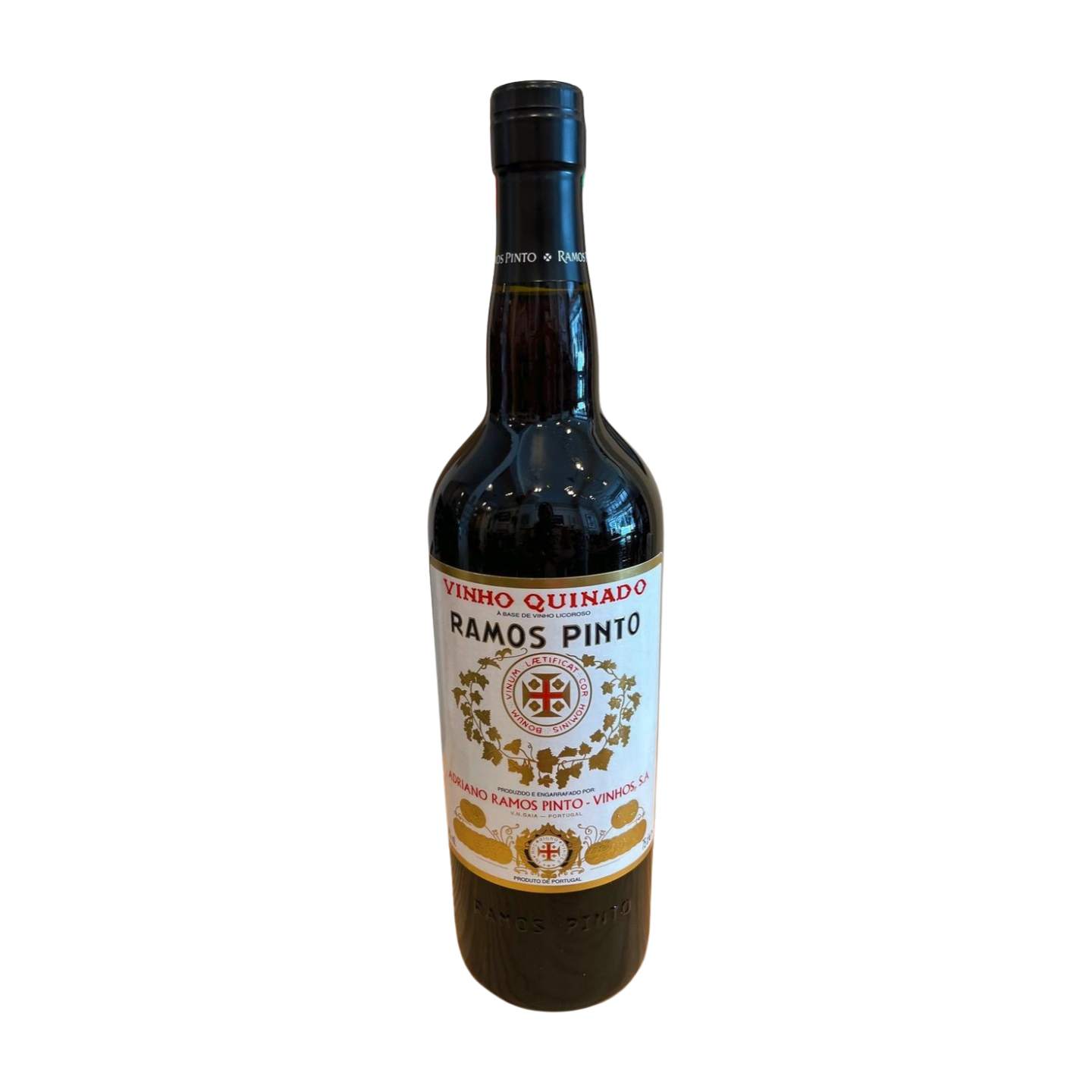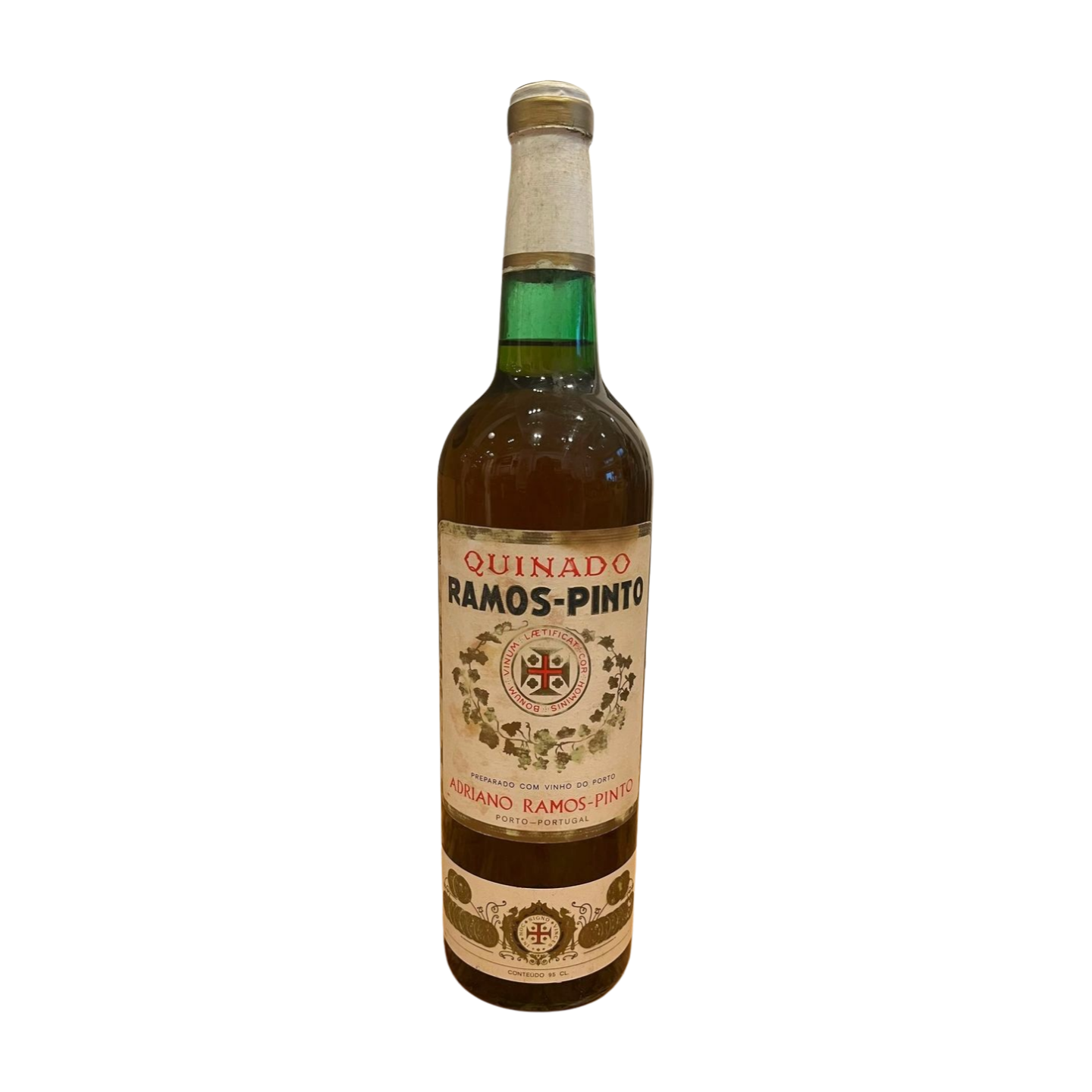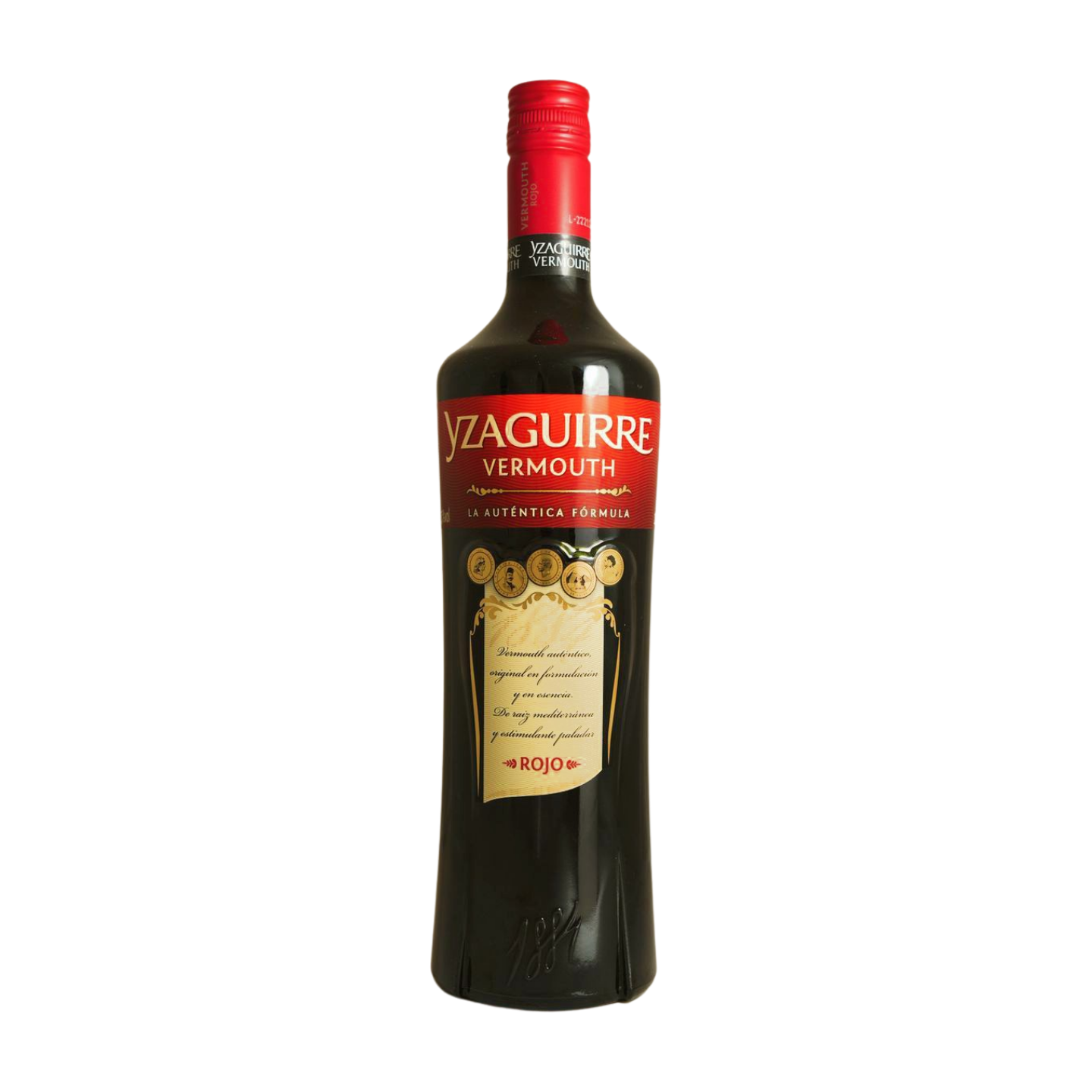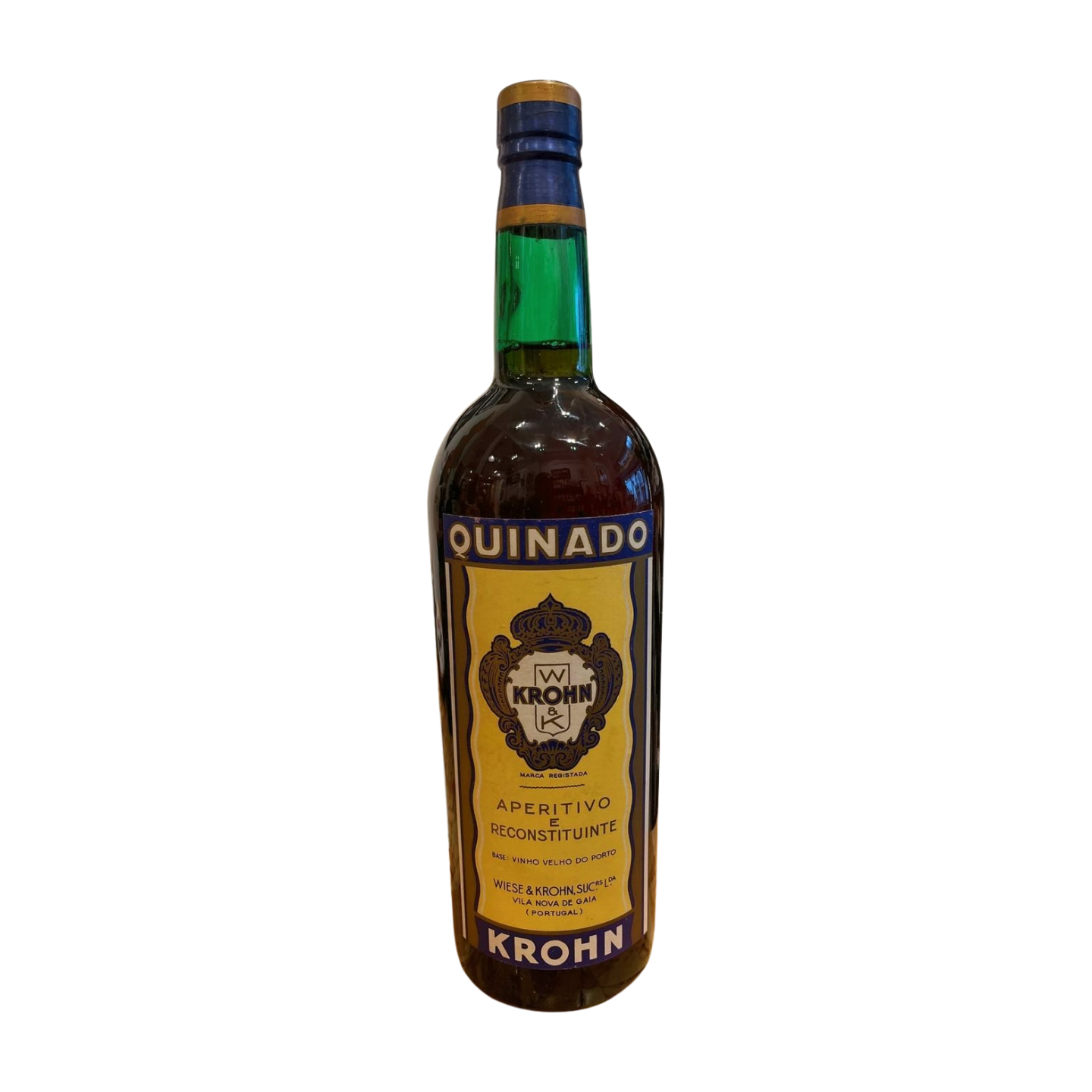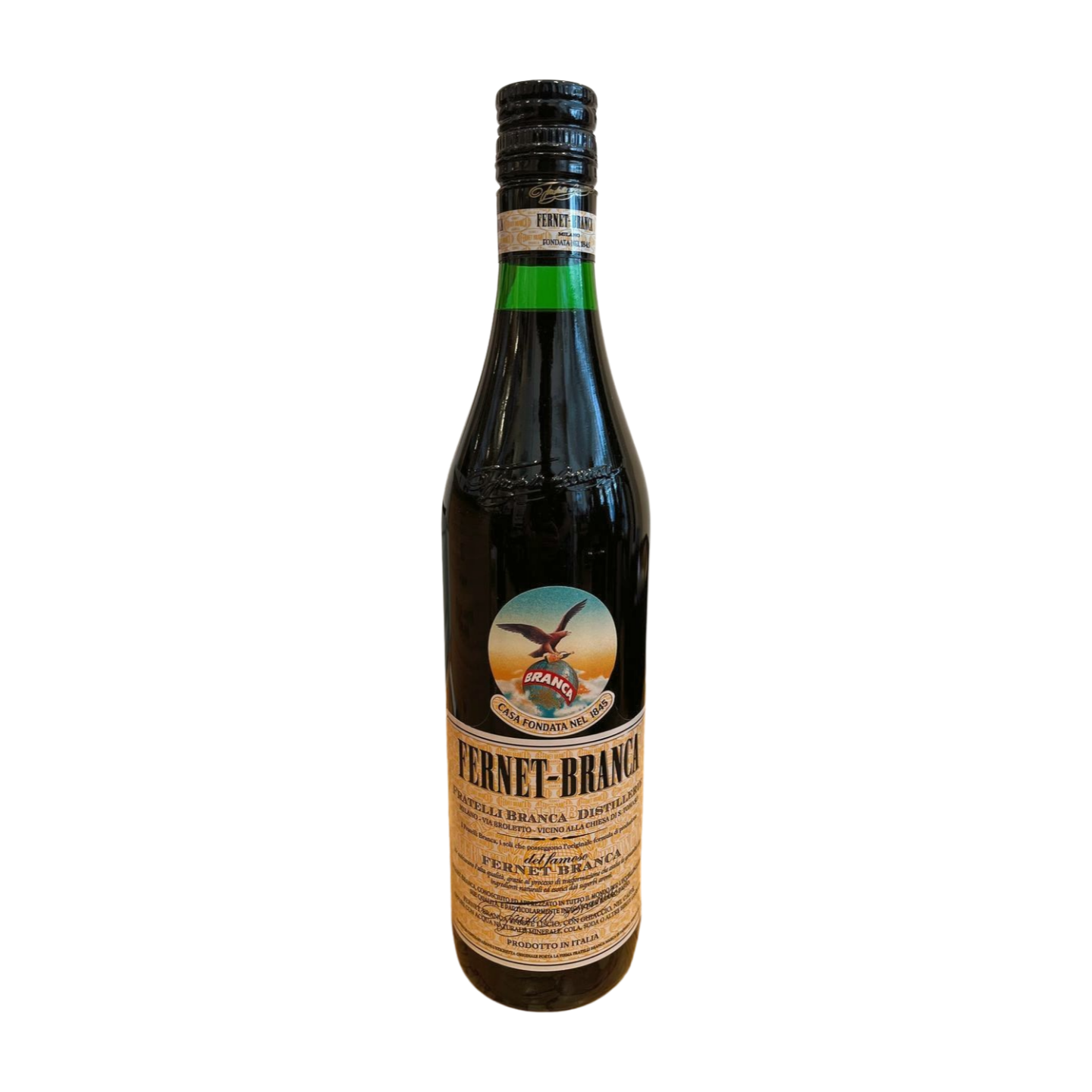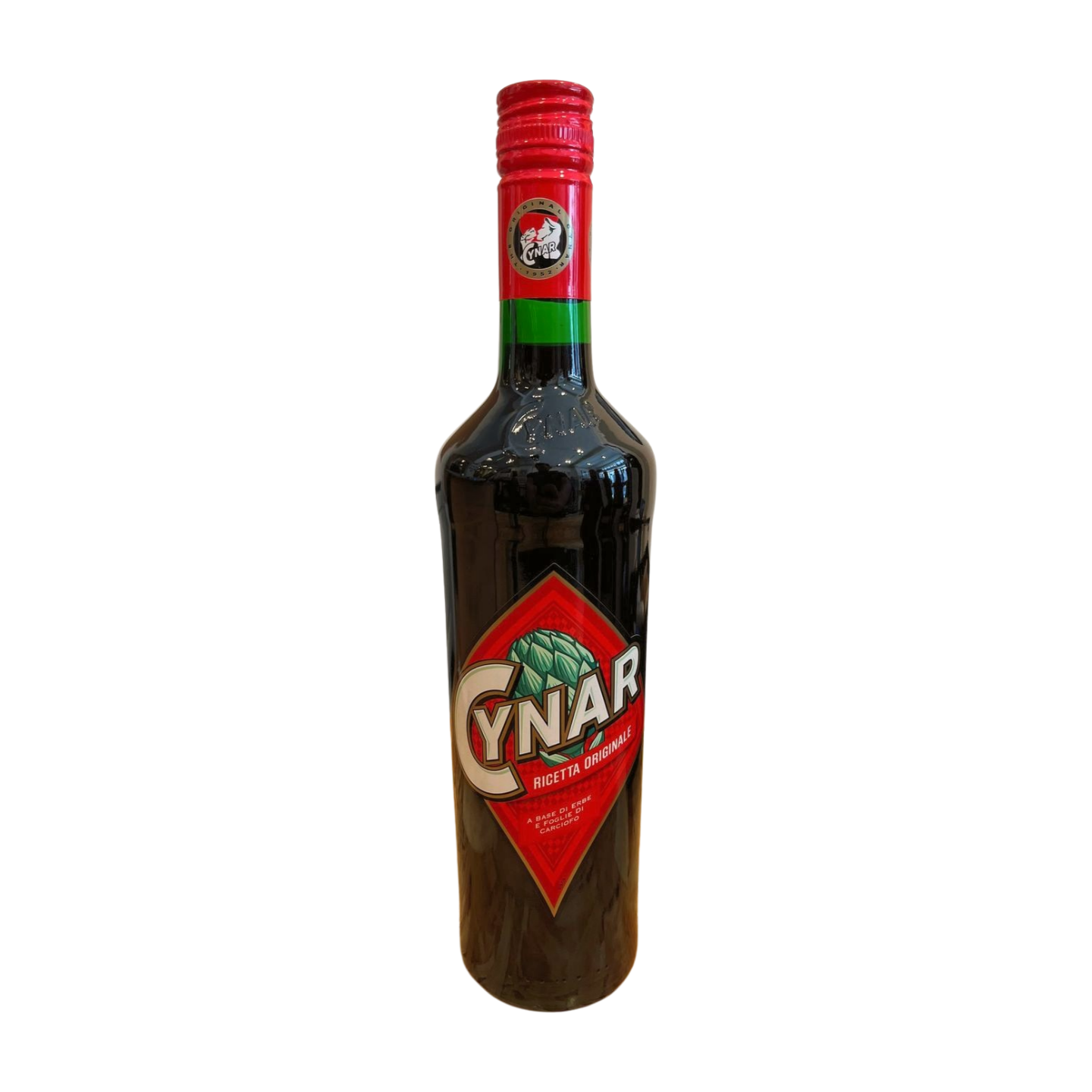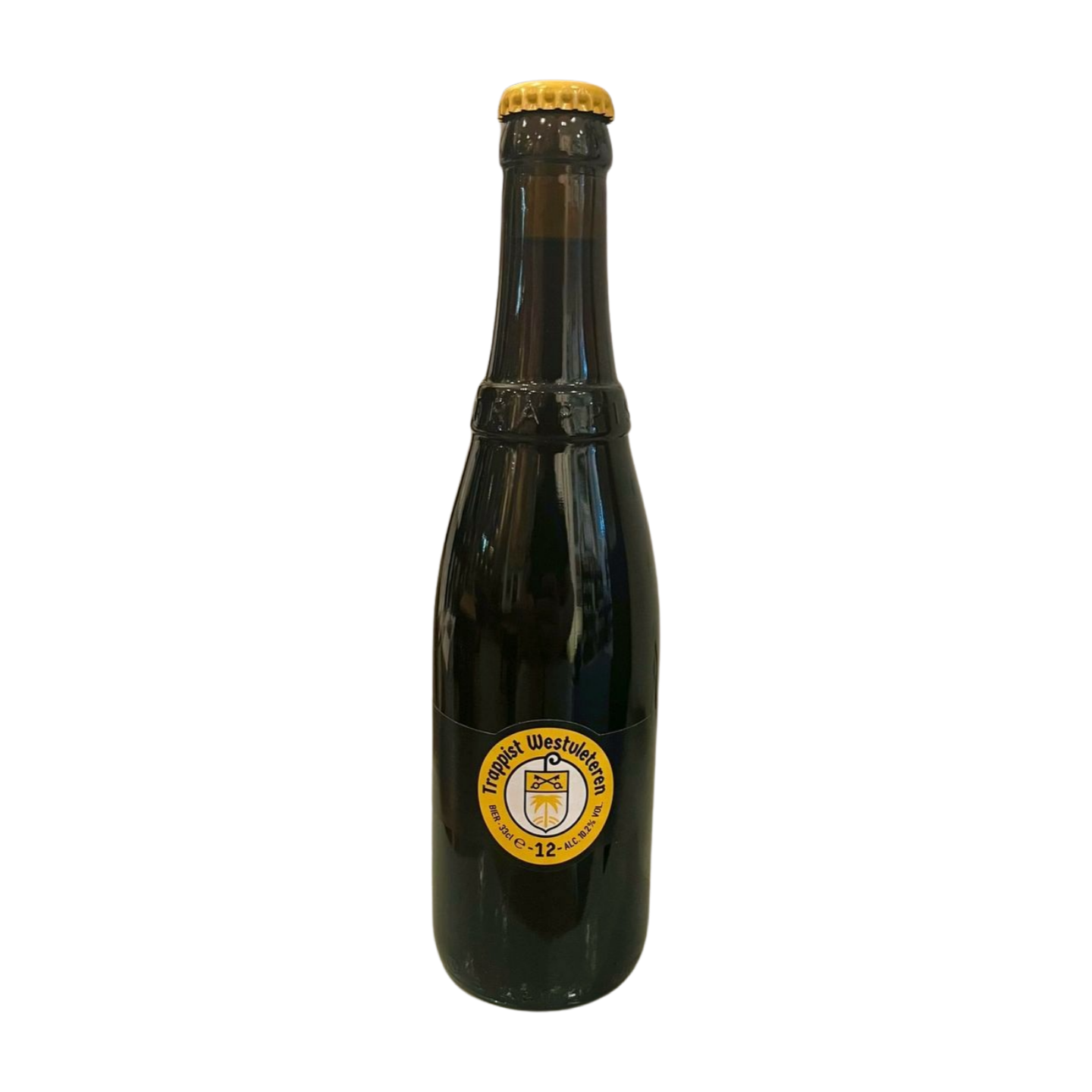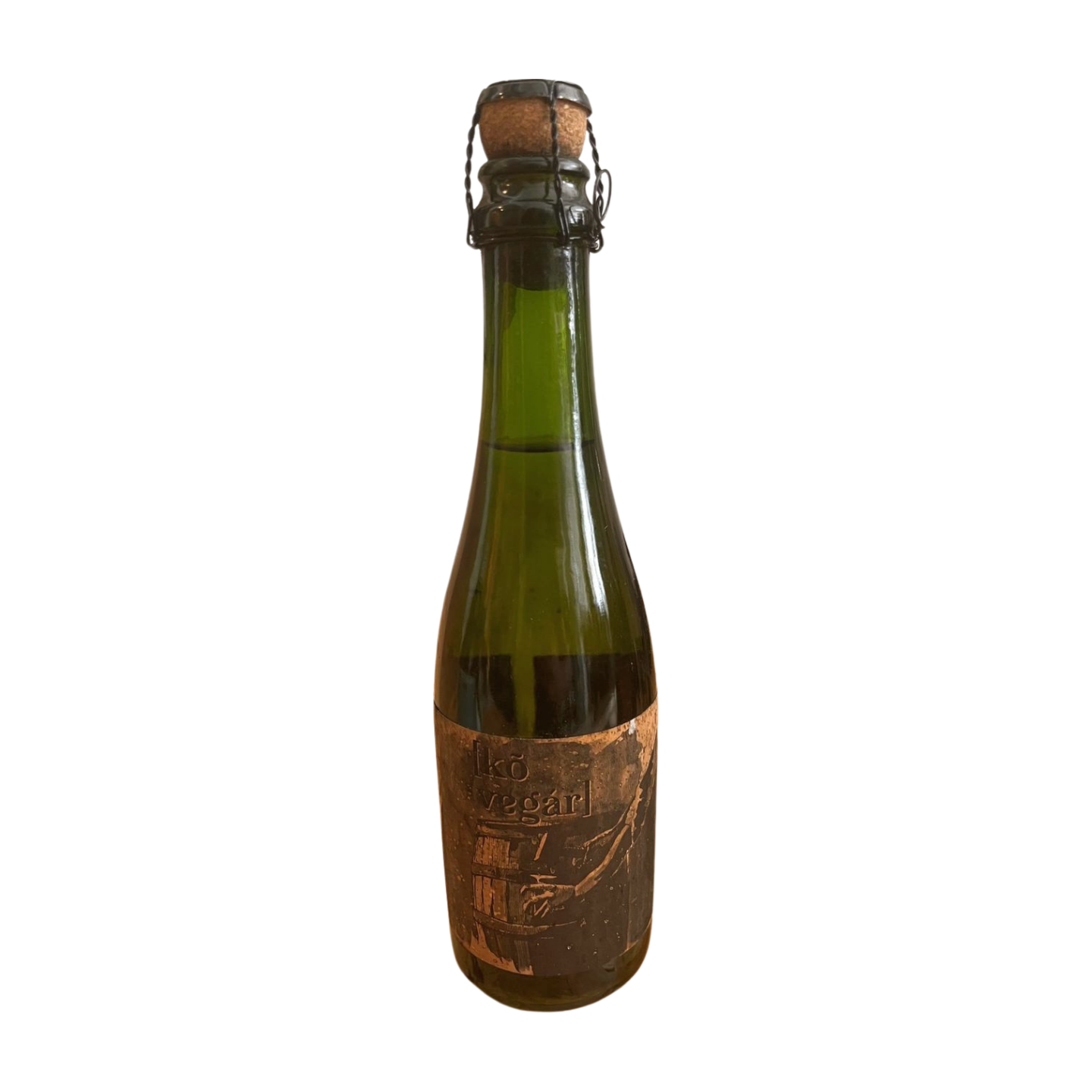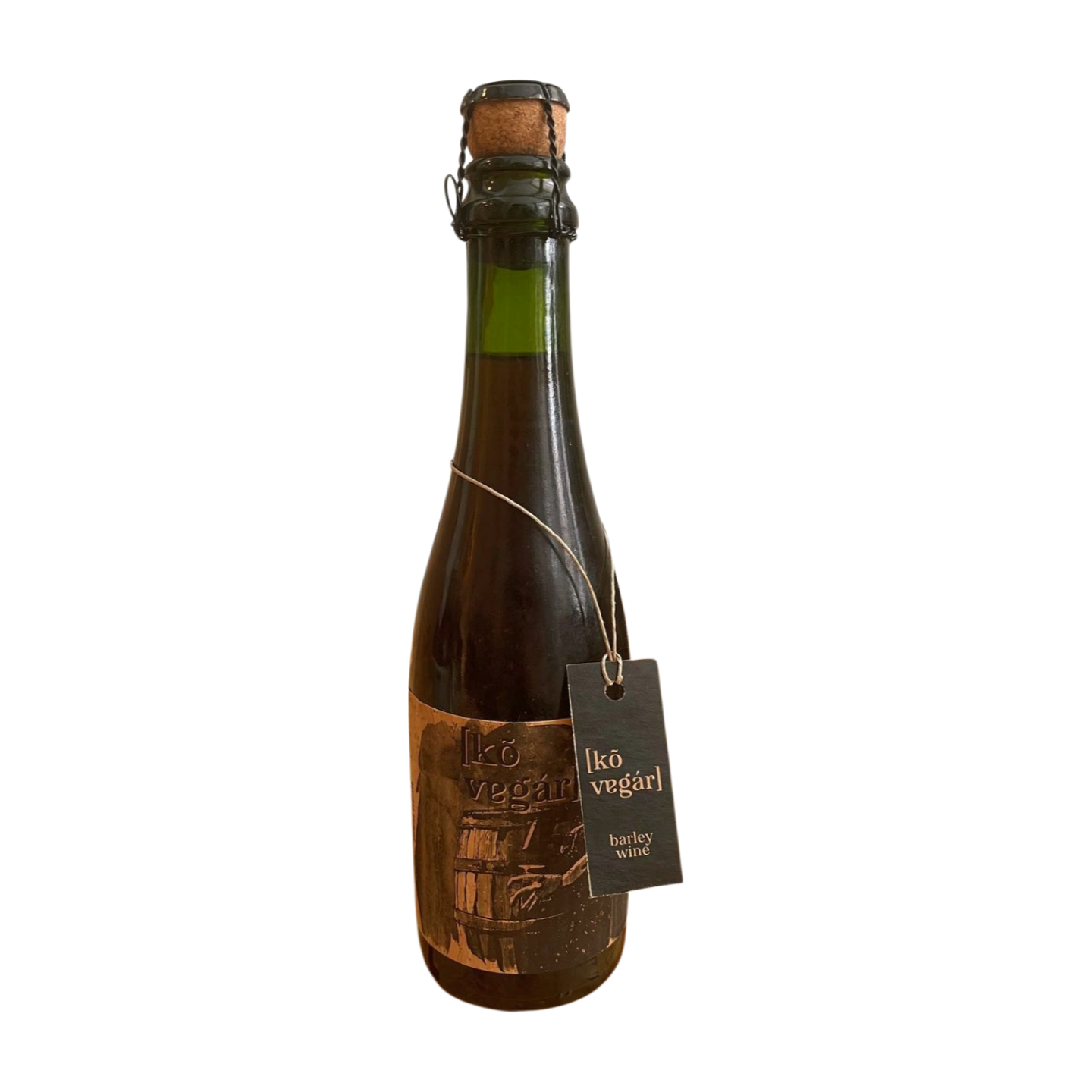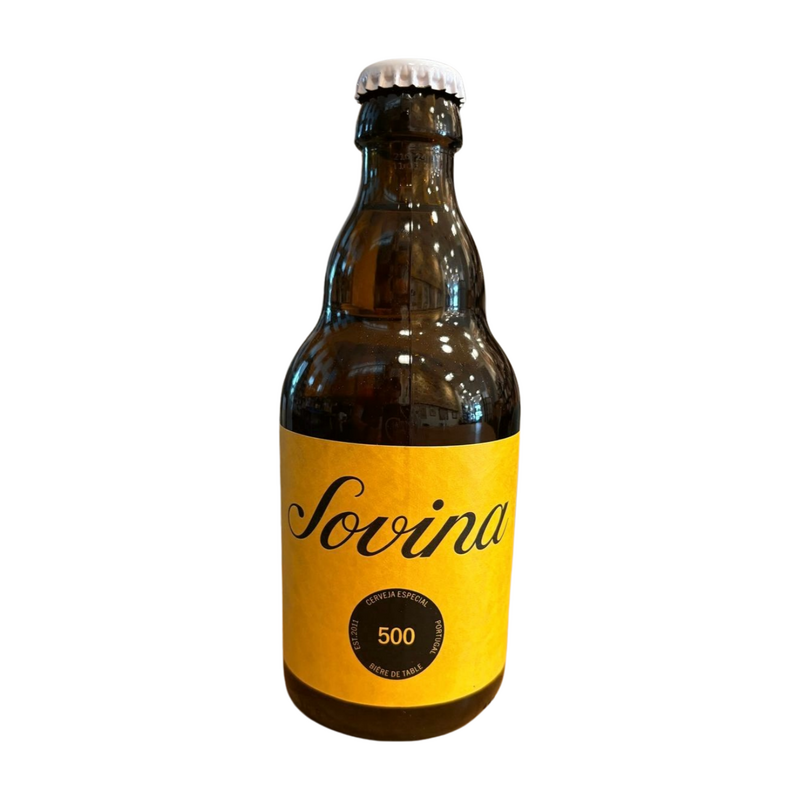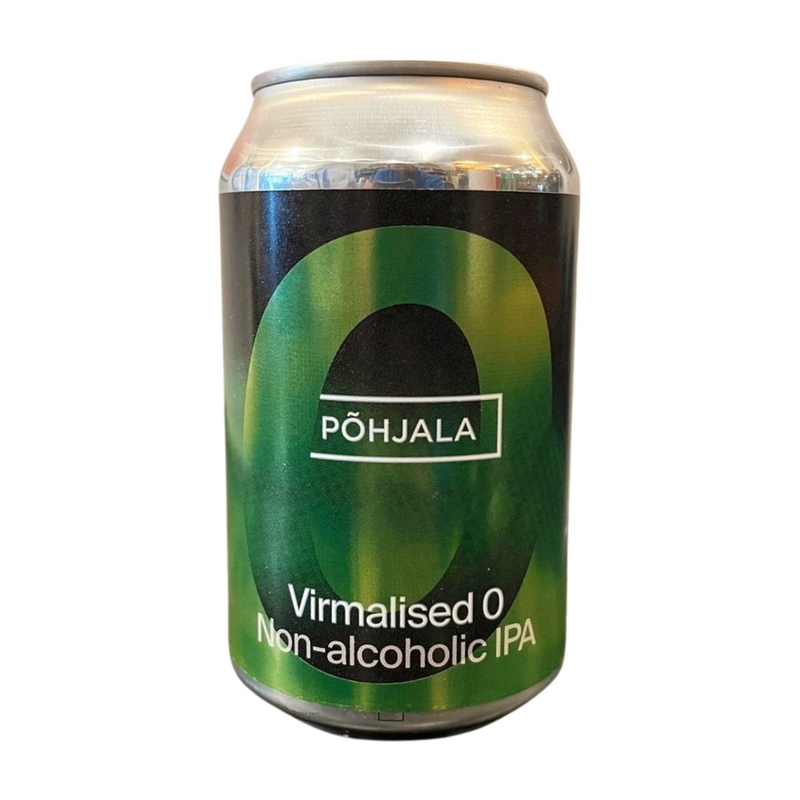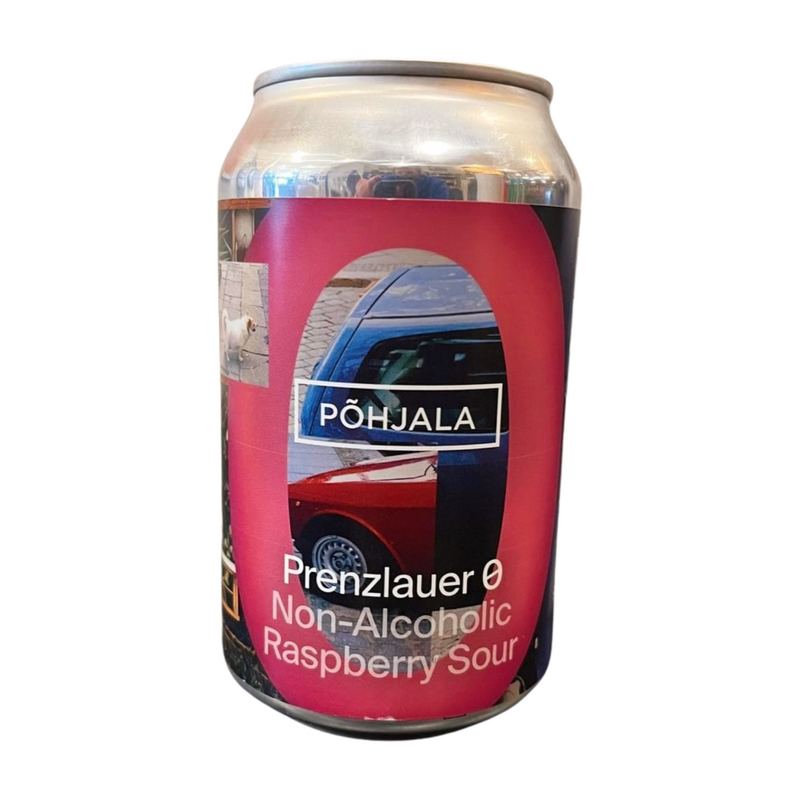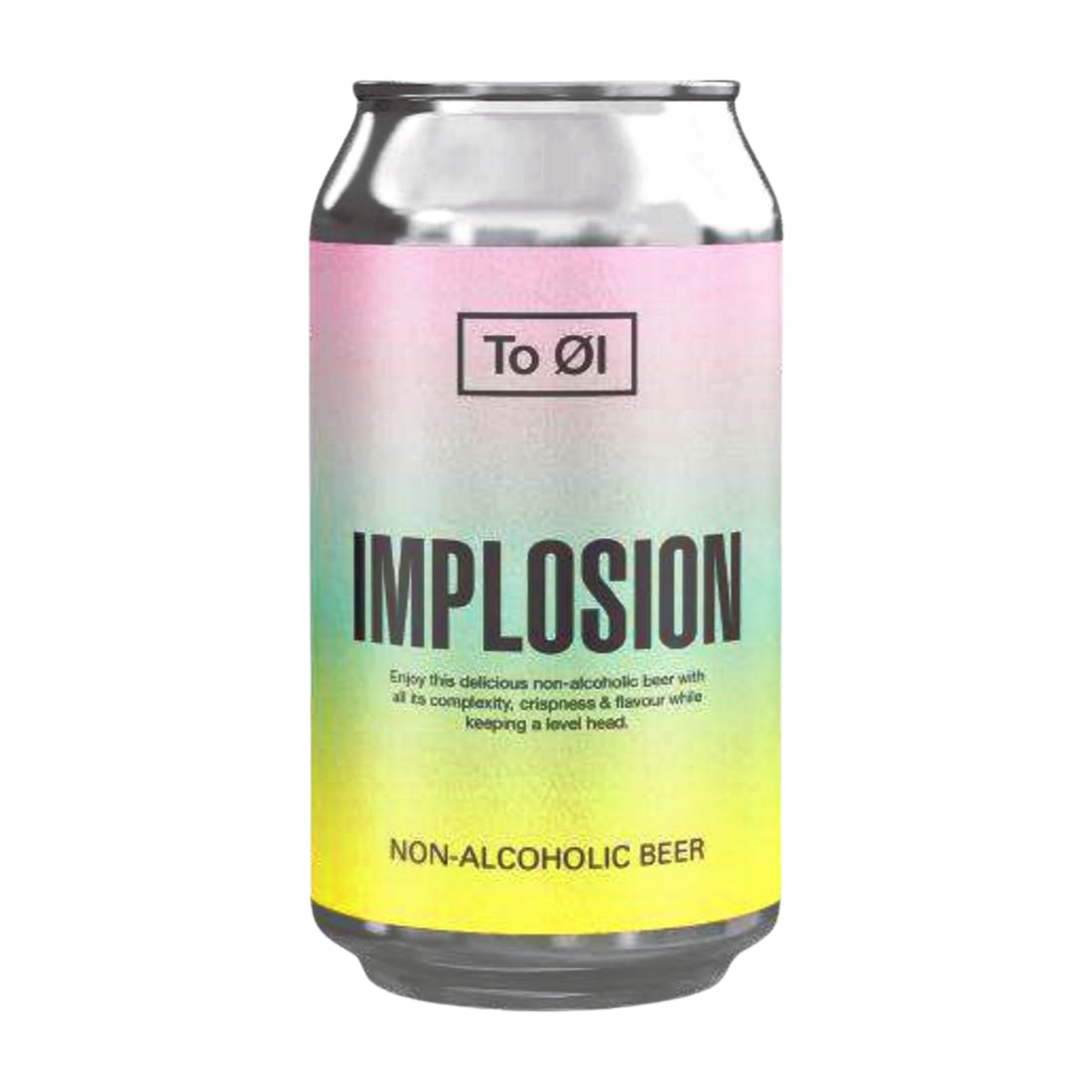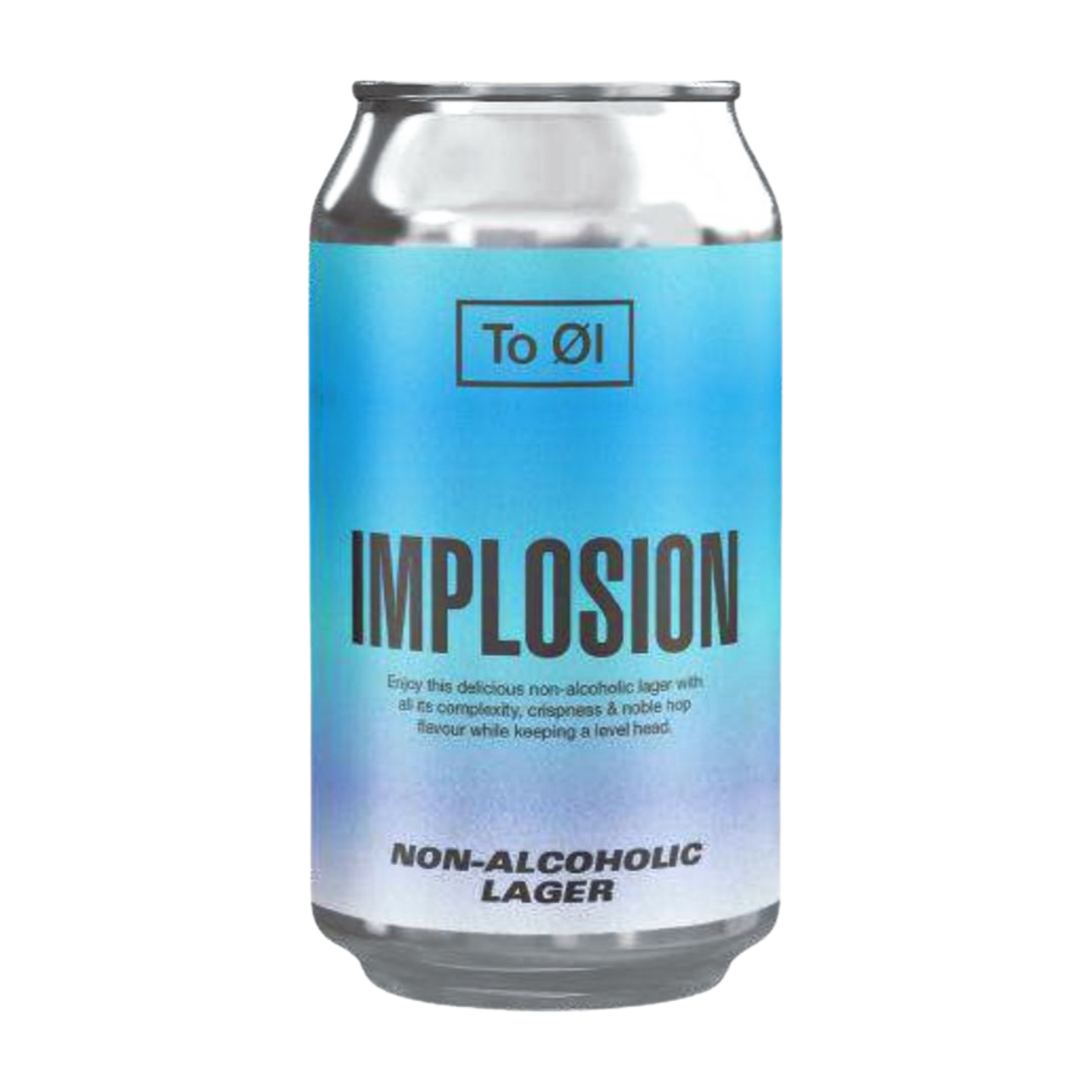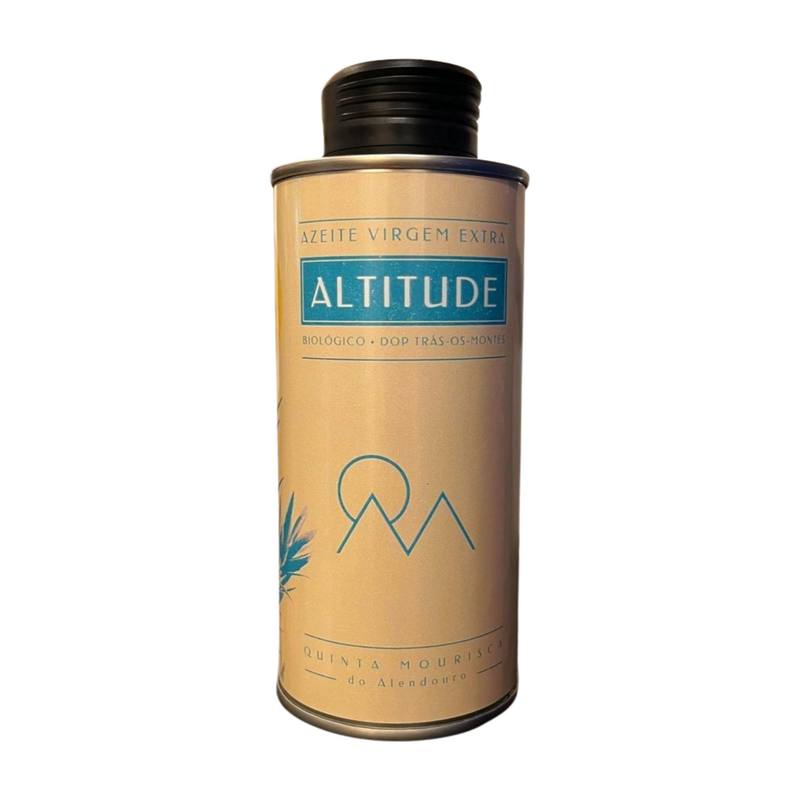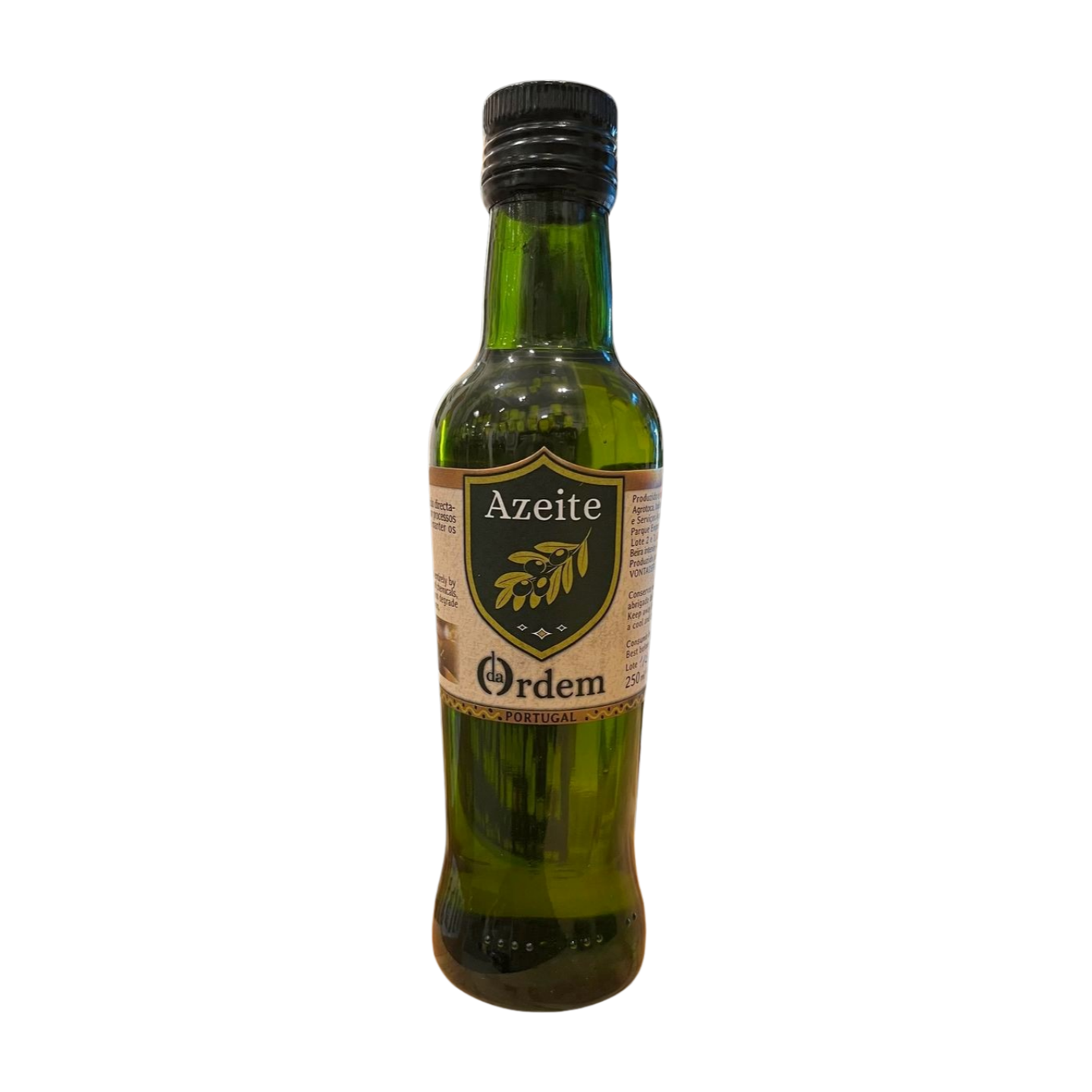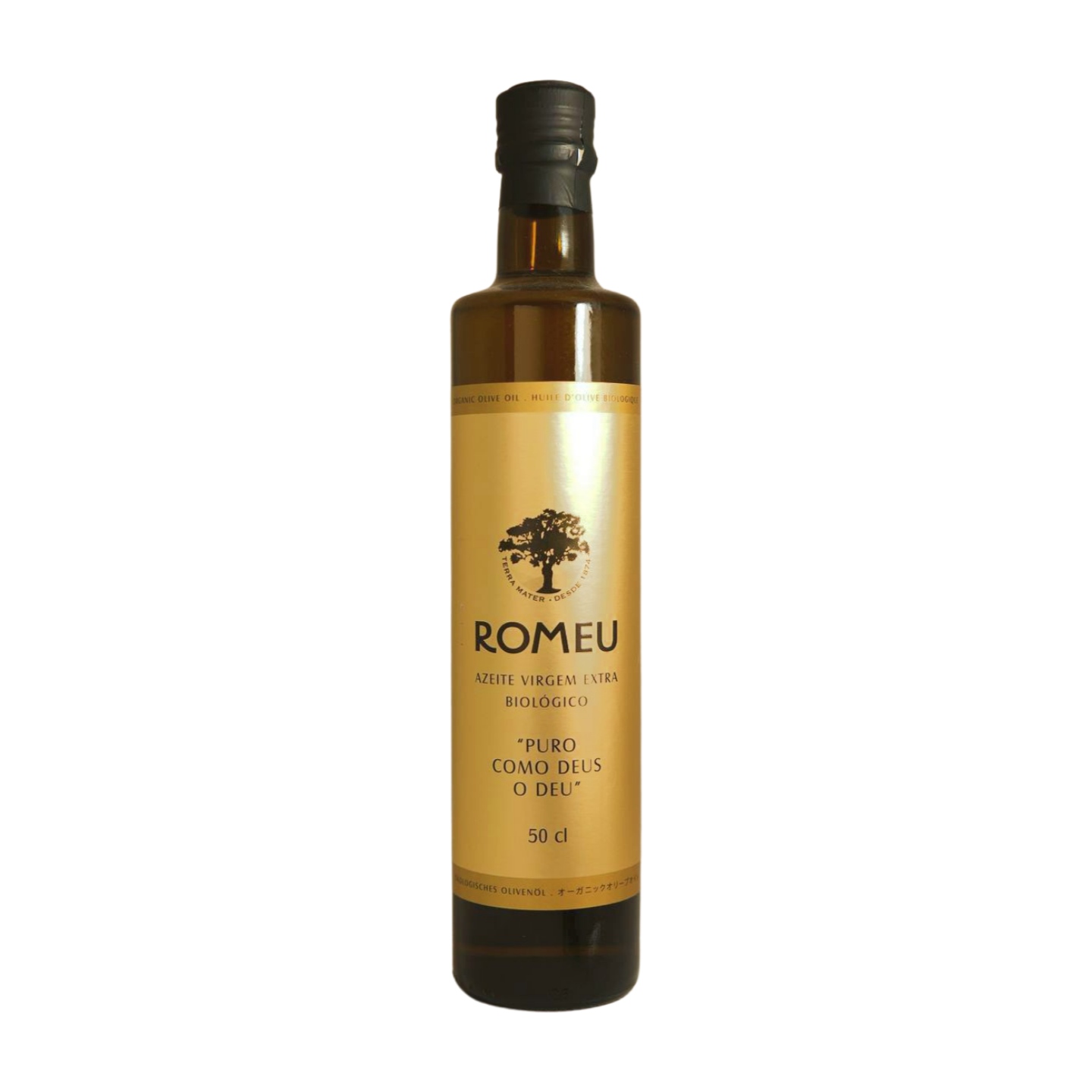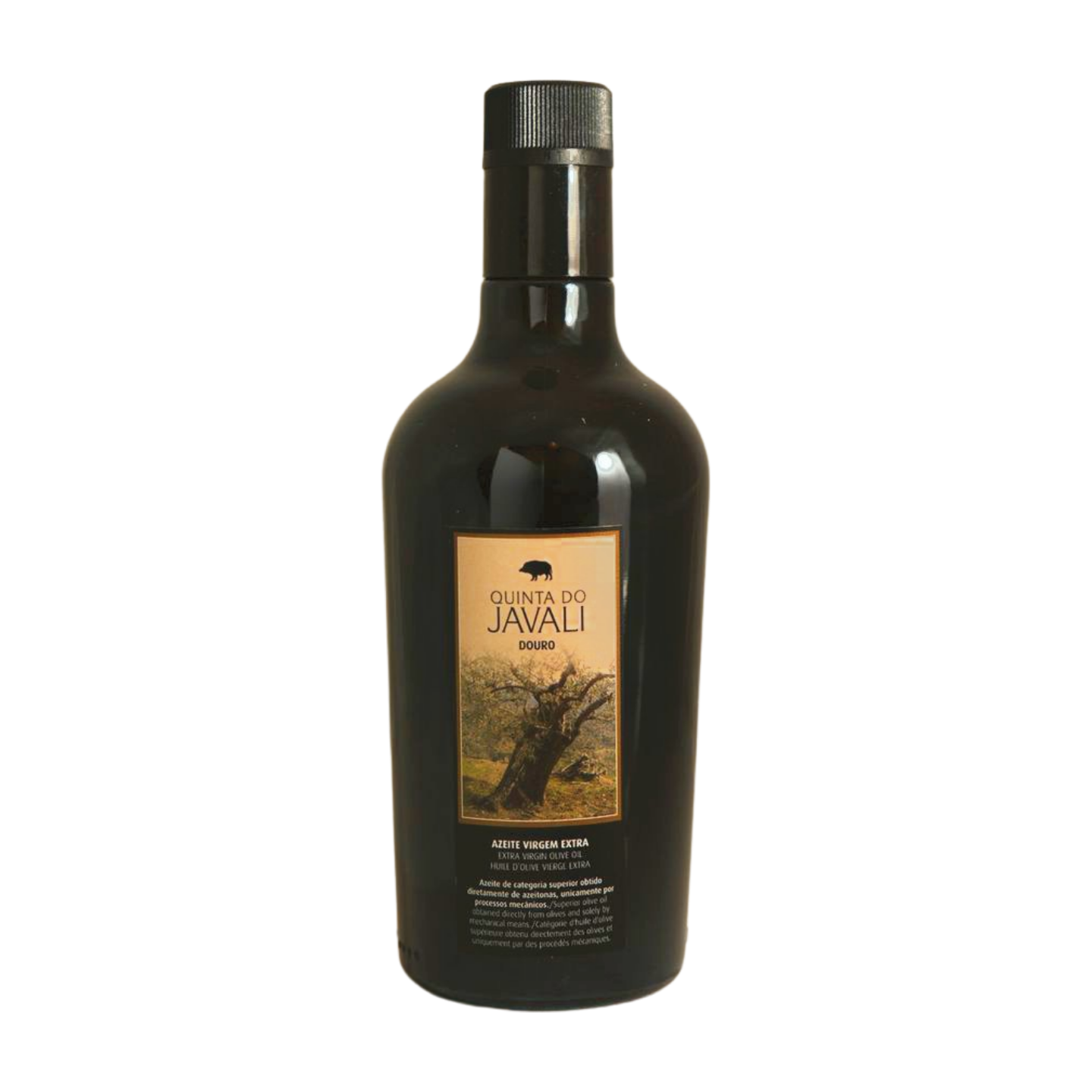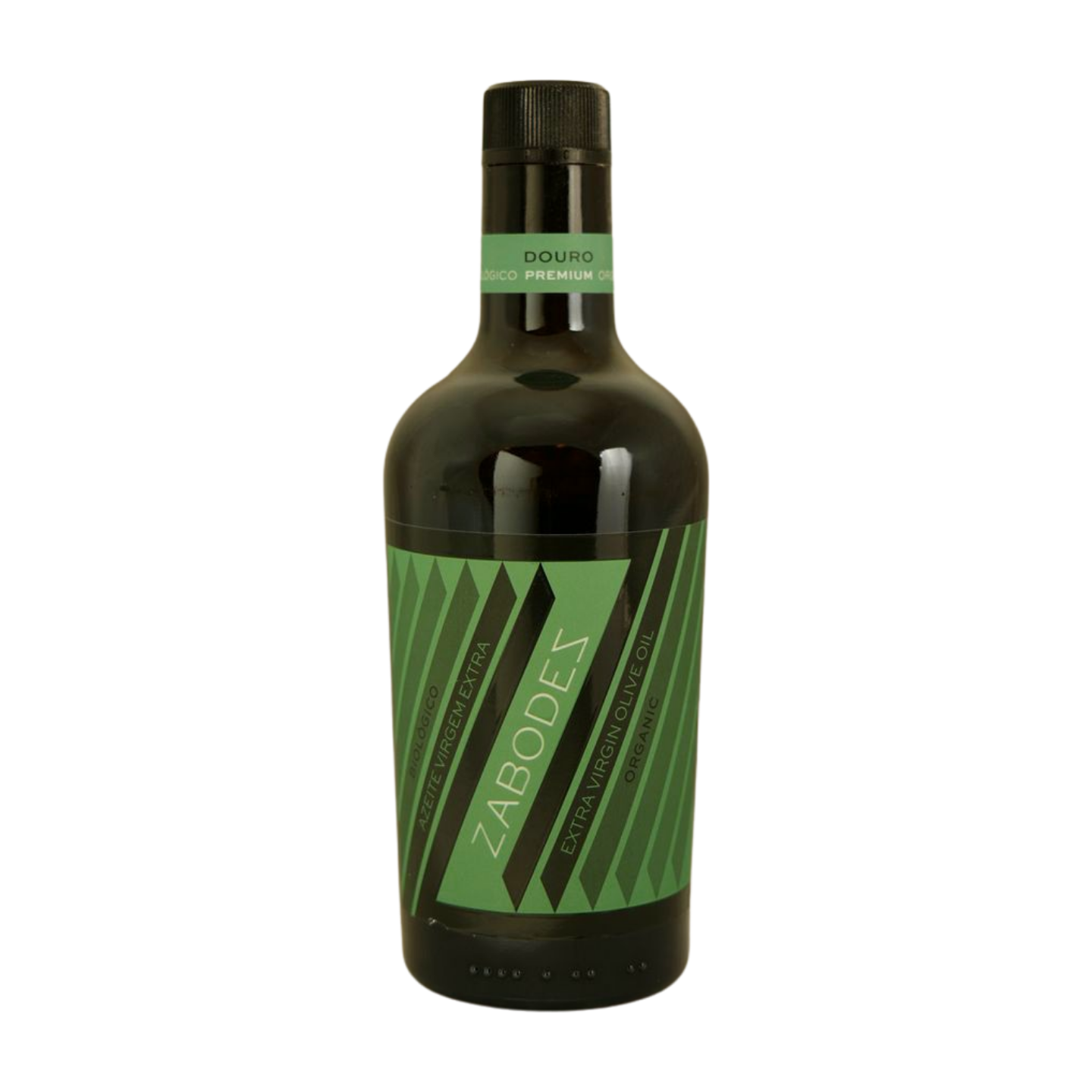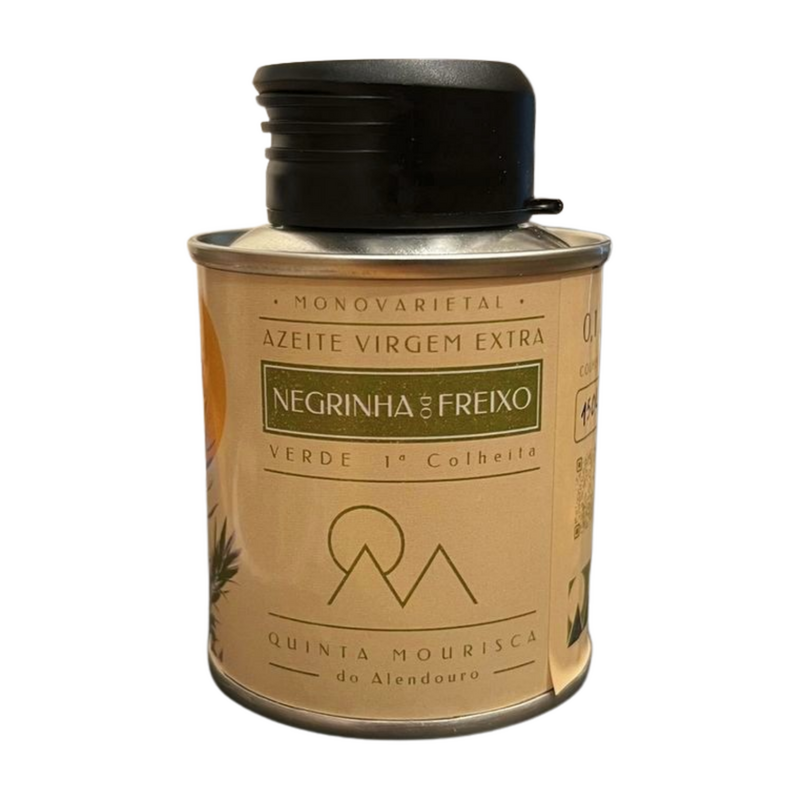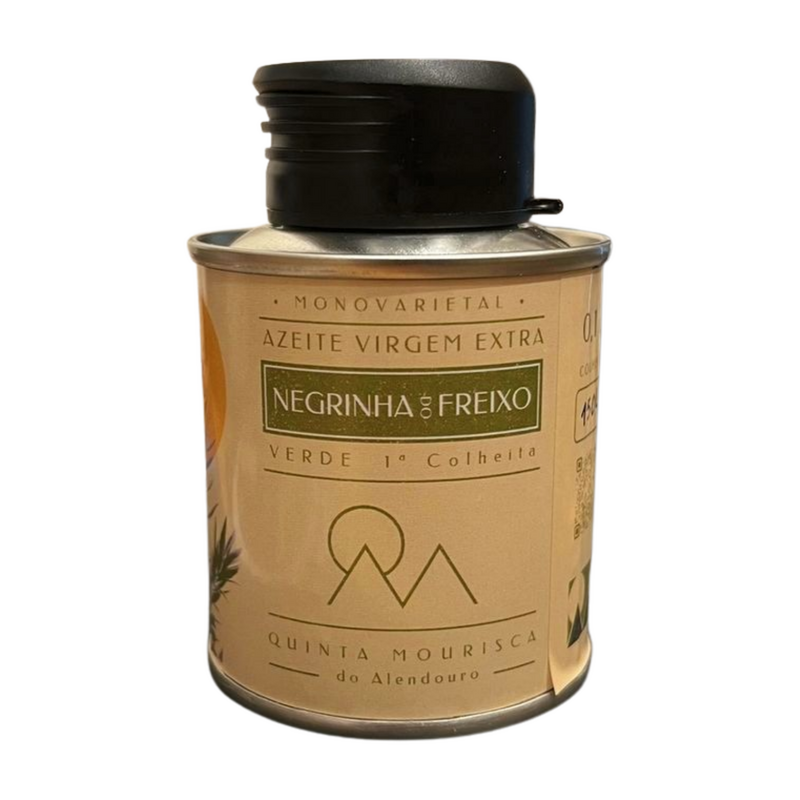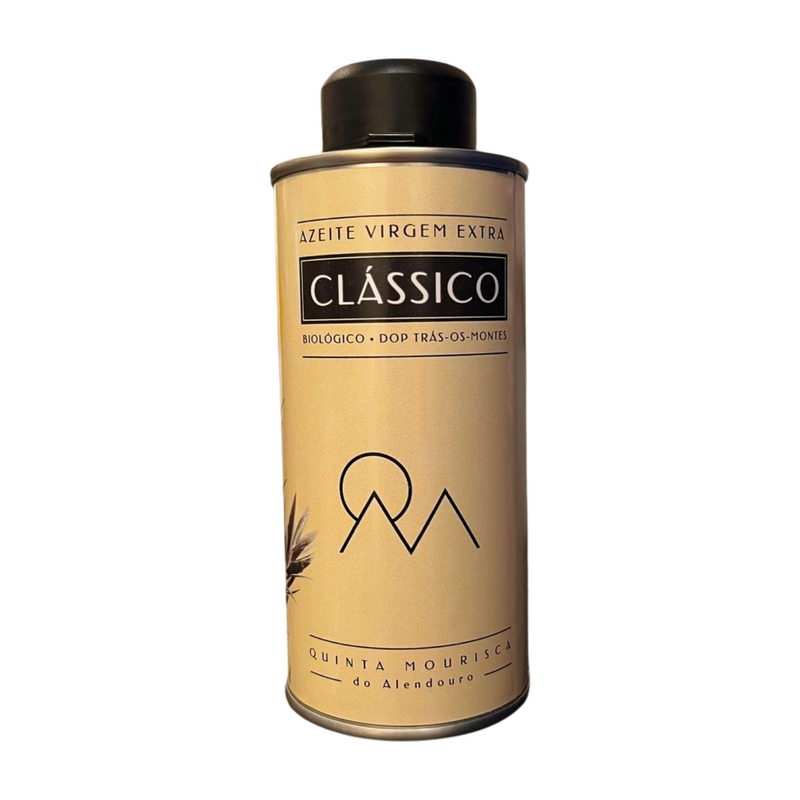uncork an experience at
theLAB porto
Tantalize your taste buds at theLAB, Porto's very own flavor playground! We're a natural wine shop passionate about low-intervention Portuguese wines and all things sustainable — and we also stock an array of European vermouths, top-notch olive oil, and tasty beers, spirits, and non-alcoholic drinks. 😋
Stop by our shop in Porto's quiet Marquês neighborhood (just north of the city center and a breeze to get to via Metro or bus) or order online. We ship fast and around the world!
explore
portugal's wine regions

region
Vinho Verde
Vinho Verde is not "Green Wine", sure the literal translation is this, but we don't translate proper names and Vinho Verde's green comes from the landscape, not the grapes. In this very wet region it's always alive with green color. As for the wines, Ryan likes to say this is one of Europes greatest Grand Cru white wine regions that no one knows about, including the people that live here. Amazing acidity and when done right long lived wines are right at home here. Don't worry about drinking these early, many of them can age for decades!
Shop now
region
Trás-os-Montes
Behind the mountains lays a landscape that is rugged, and forgotten. Rural agriculture and dramatic landscapes roll forth and yet the people here continue to thrive. Olive trees, animals, chestnuts, and vines it's remote out here, but there is gold in them thar hills. Old vine vineyards with plots from a hundred or more years ago still produce grapes for a new generation of winemakers embracing the past with tools from today. We love this area for its purity and resilience; if you need a break from the everyday struggle, this is where you want to visit.
shop now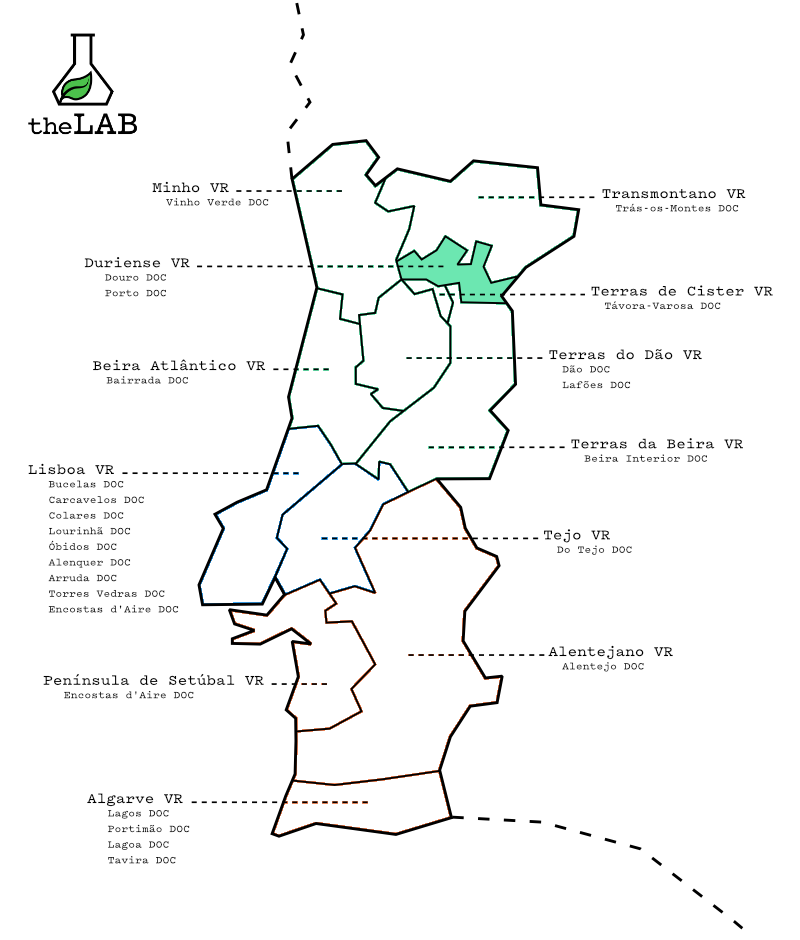
region
Douro
Douro the spiritual home to Port wine, one of the most nobel of beverages. Big thick and rich, so many people think that is what the Douro is and should always be, but don't be fooled. The Douro for centuries has been making light fresh and fragrant wines called "Vinho de Consumo" which has nothing to do with the tannin and oak bombs that many believe to be the regions true calling. Here at theLAB if you like oak you should probably move onto other sites, as we tend to focus on the fruit seeking out wines that showcase the huge diversity of landscapes and edging up the hills to where acidity reigns and wine is for drinking, not talking about.
Shop Now
region
Beira Interior
Beira Interior is the forgotten wine frontier that was once linked to the Dão and Barraida. Today, it plays host to a new generation of winemakers who are trying to tame the region's heat with vines by embracing altitude and new philosophies. The future is bright, though the location is far. Through the austere beauty and rural landscapes, we believe we will launch a new generation of wines made in traditional ways.
Shop now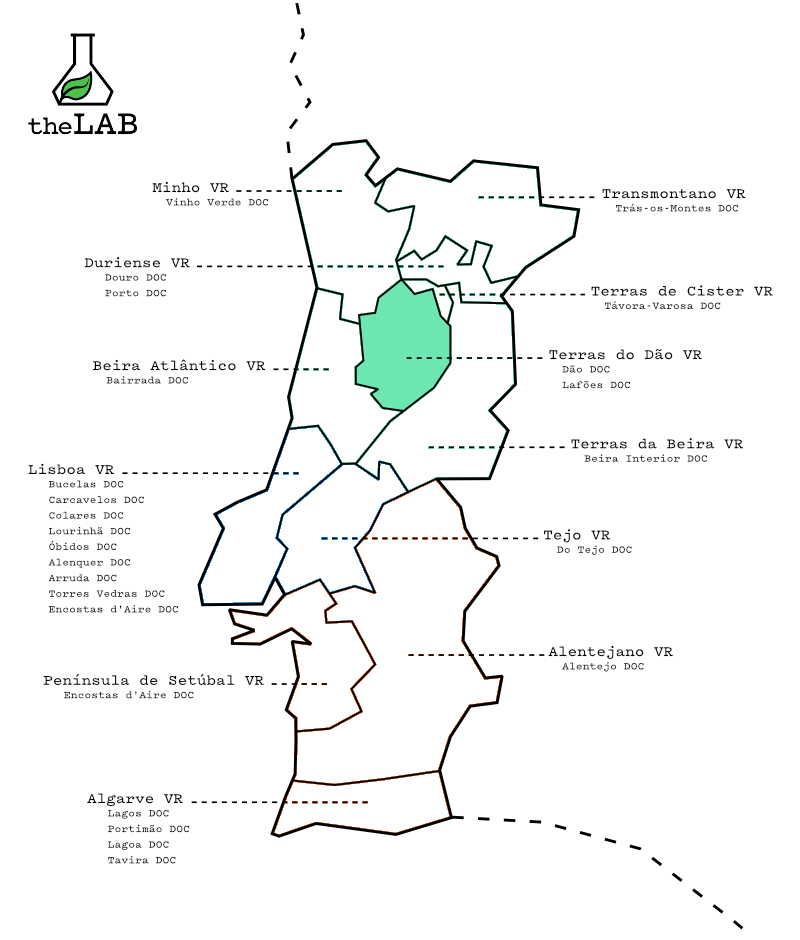
region
Dão
The Dão is a region full of mystery, not because anyone is hiding anything but because it is so far from Porto and Lisbon. Nestled up against the Serra da Estrela mountain, this is a place that long ago gave birth to grapes like Baga and Touriga Nacional. Unfortunately, for decades in the 20th century, the Co-ops kept quantity up and quality down, but that didn't stop this region from coming back to life. Today, there is a revival of traditional winemaking, embracing old vine field blends and heroic winemaking. Small producers are popping up like the mushrooms that cover this part of Portugal, offering new takes on old ideas.
shop now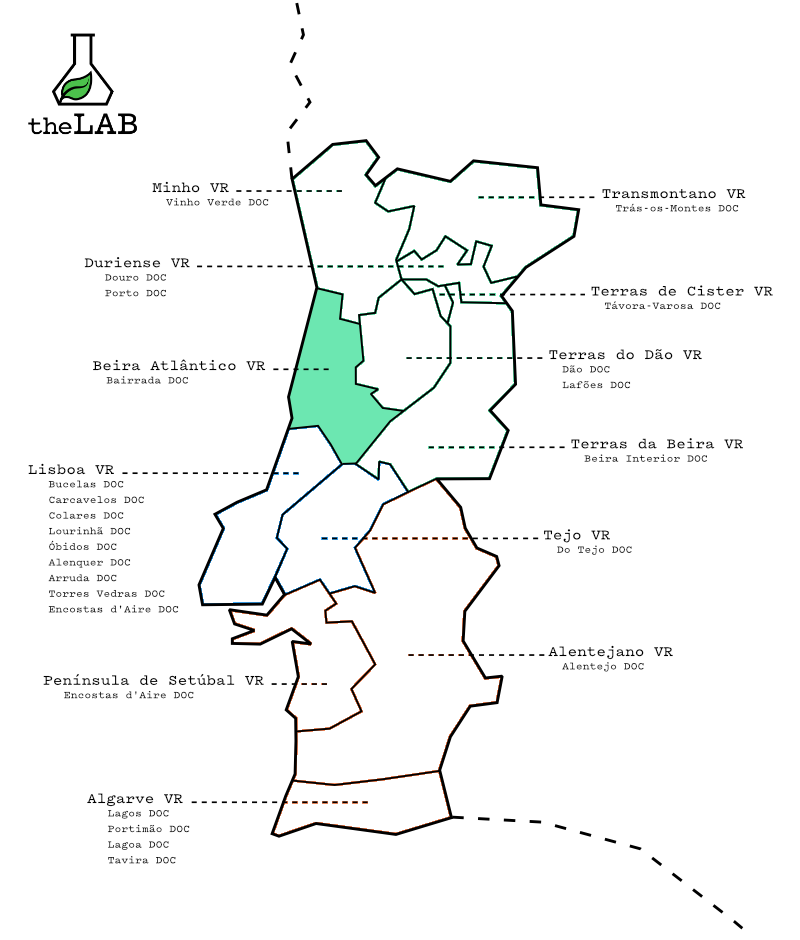
region
Bairrada
Home to the grape Baga, this is a place of not only the tastiest suckling pig, but also sparkling wines, elegant ethereal whites, and both rich deep reds and perfumed treats whose elegance is addicting. Limestone, clay, and sand give Bairrada a profile that is unlike most of Portugal, and while Baga is the heartbeat of the region, don't discount the long-lived whites, which age and improve for decades in the bottle. Today's winemakers here are asking what is possible in this Atlantic-influenced region and pushing the boundaries to discover what Bairrada really is.
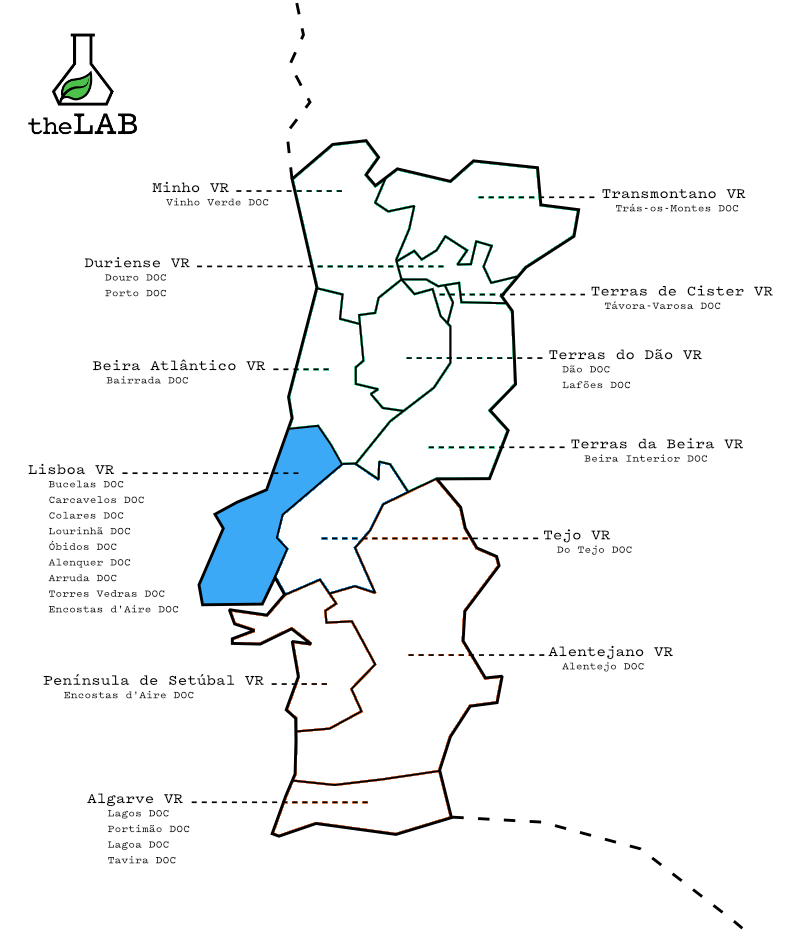
region
Lisboa
Once almost forgotten due to its proximity to the housing boom, Lisbon and all its subregions offer a tapestry of unique wines. From the salty acid found in Colares to the palhetes of Ourém, this area is huge and impossible to sum up in one or two words. We love this region because of all the young new voices preserving old vines and rediscovering old wine-making techniques. Rich deep reds, delicate and quaffable palhetes, zingy white wines, and lots of fun, playful excursions into the world of new flavors.
Shop now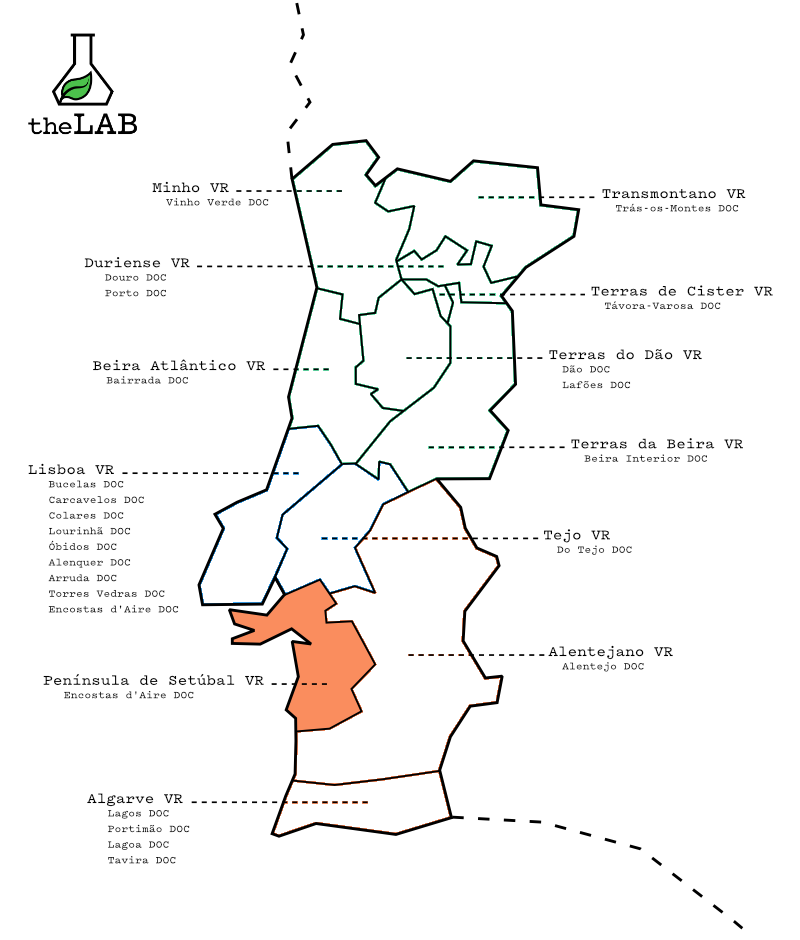
region
Setúbal
Setúbal is the home to moscatel and long lived sweet wines. A region just south of Lisbon where the beaches reign surpreme and wines pair best with the local cheeses. That said, today there are a few exciting producers exploring new ideas and making wines that show that freshness is indeed possible with a diversity of grapes and landscapes. Still a long ways to go, but we have hope!
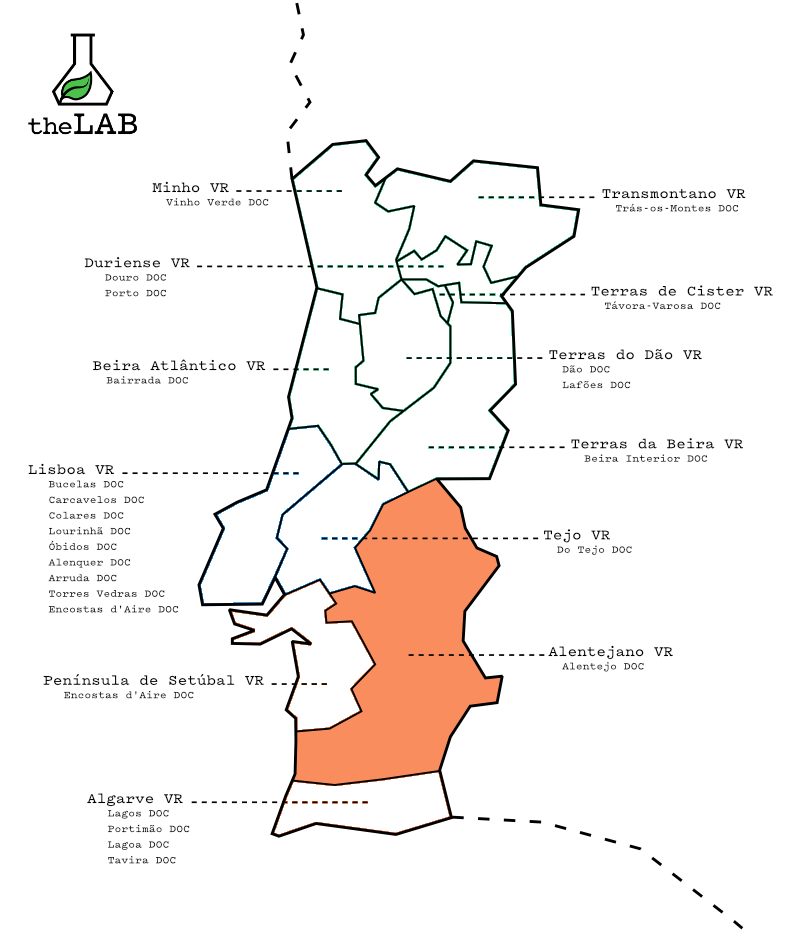
region
Alentejo
Some like to say this is the California of Portugal and sure if you drive to Evora you might mistake stretches of the road for the rolling hills of Sonoma, but you'd be missing something special. This is the land of Talha Wines, that is wines make in large clay pots often mistaken for Amphoras. These wines are time capsules that speak to a time when wines were never bottled, but drunk amoung friends straight from the vessel they were made within. The wines from Talhas are at times rustic, but always full of life and flavors that will make you stop and think. The tradition of Talha winemaking was almost completely lost just a few years ago and while they are coming back into style, we are here to make sure they continue to thrive.
Shop now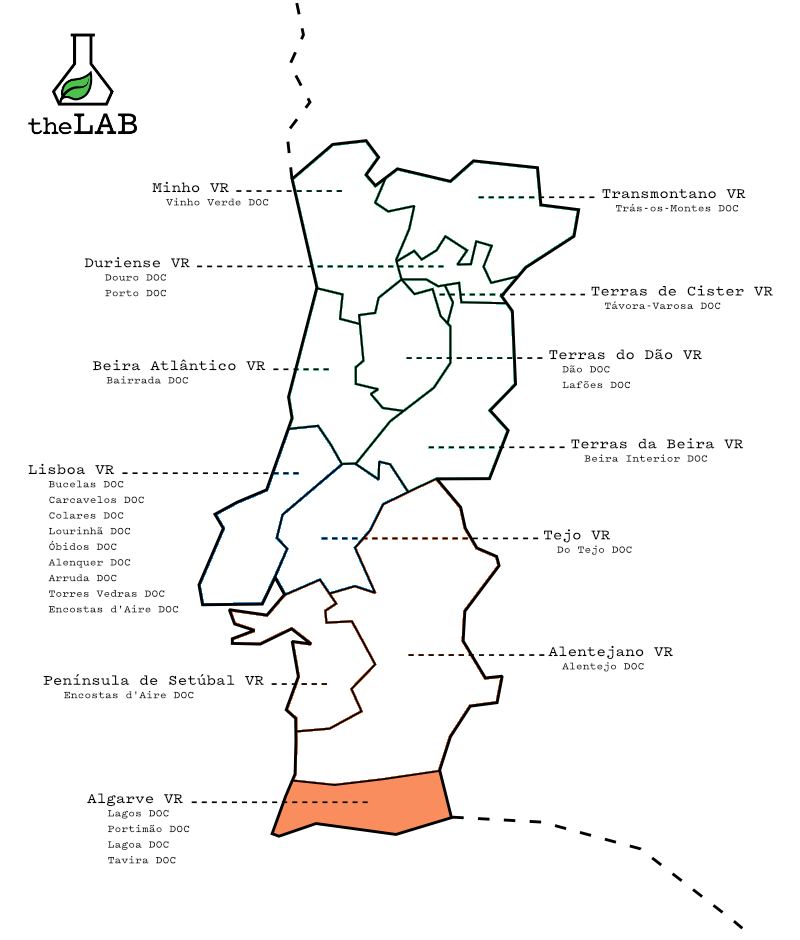
region
Algarve
Setúbal is the home to moscatel and long lived sweet wines. A region just south of Lisbon where the beaches reign surpreme and wines pair best with the local cheeses. That said, today there are a few exciting producers exploring new ideas and making wines that show that freshness is indeed possible with a diversity of grapes and landscapes. Still a long ways to go, but we have hope!
Need help choosing?
Feeling indecisive or want to be surprised? Give us a price, quantity (3, 6, or 12), and style(s) of wine, and we’ll assemble a box for you. Drop your details below and we'll get in touch ASAP.
About us
Natural Wine & Sustainable Practices
At theLAB, we believe our food and drink choices should benefit both ourselves and our community. We strive daily to select products that contribute to a better world, which is why we champion natural wine. To us, natural wine is not just a style but a lifestyle focused on continuous improvement.
Natural wine producers are often more than just winemakers; they are community builders, driving change by demanding more from their surroundings. They embody diverse roles — from farmers and teachers to scientists and ecologists — and each wine they create reflects their dedication to preserving or restoring an ecosystem.
In our shop, we feature natural wines that tell compelling stories of individuals building communities and restoring ecosystems. This philosophy extends to other products we offer, all of which reinforce our commitment to making the world a better place.
We call ourselves theLAB because, like scientific laboratories, we are driven by a desire to better understand the world through continuous questioning and exploration. Be part of our mission to inspire people to explore new flavors, act urgently to preserve nature, and consciously support local communities and ecosystems.
Winemaking processes
Organic
The term organic in relation to wine means viticulture that does not rely on industrial synthesized products, such as fertilizers, fungicides, herbicides, pesticides, and anything GMO. Instead, a use of compost and cover crops are used as preventative measures against diseases. A Bordeaux mixture of sulfur and salt copper sulfate sprays is used against disease, and they use manual labor rather than machines. Winemaking (fermentation processes) standards vary depending on certification body and country. Some allow minimal amounts of sulfur, fining, and processing agents from organic sources.
Shop nowBiodynamic
What is a biodynamic vineyard and wine? It is organic farming based on theories by Austrian philosopher Rudolf Steiner. First, the vineyard should be self-sustaining organism. Second, the vineyard should be treated with 9 herb and mineral based preparations. Third, vineyard tasks (planting, pruning, picking, etc.) should be done during earthly and celestial rhythms. This results in greater microbial life and deeper vine roots than conventional farmed vineyards. Use of livestock in vineyards is common and less energy-intensive practices are encouraged.
Shop nowNatural
Natural wines are terroir wines, made without adding or taking anything away. Consider them your “no makeup” wines. They have minimal levels of sulfur, or none at all, zero fining and gross filtration only. They do not support pesticides, fungicides, or herbicides that deplete the land of its natural minerals or that leave residue or traces in wine. Nothing but juice, even if it means a fault or two creeps in, which only adds to the character!
Shop nowLow intervention
While not an official term, we use low intervention to describe producers who are not fans of regulation or bureaucracy. They do their utmost to let the vines thrive on their own, use all natural yeasts, and avoid additives. They just can’t be bothered to join a tribe, yet. However, they will use non-organic vineyard management if there is a threat they will lose their crop. For all of our producers, this is only considered in the most extreme cases.
Shop now
